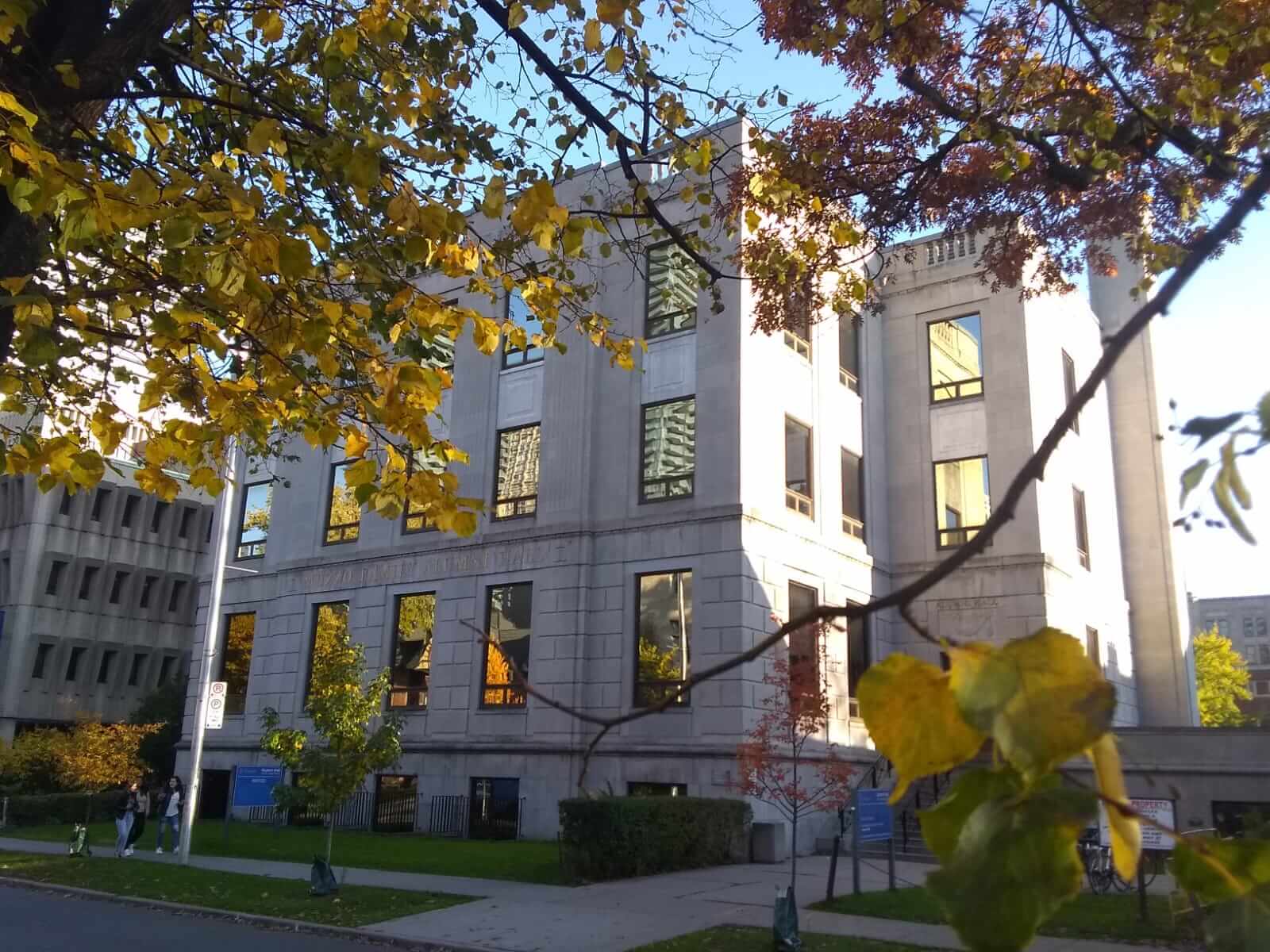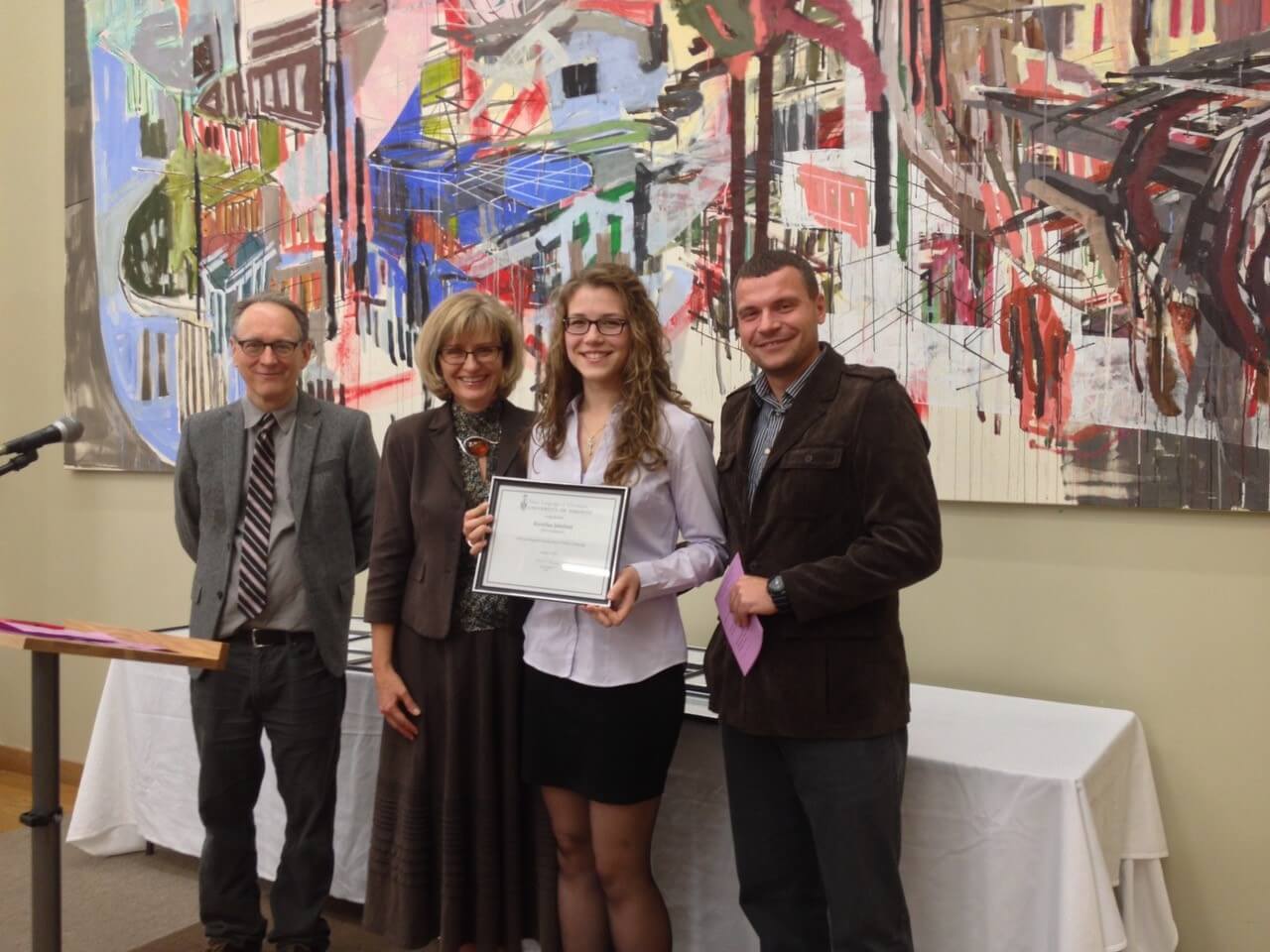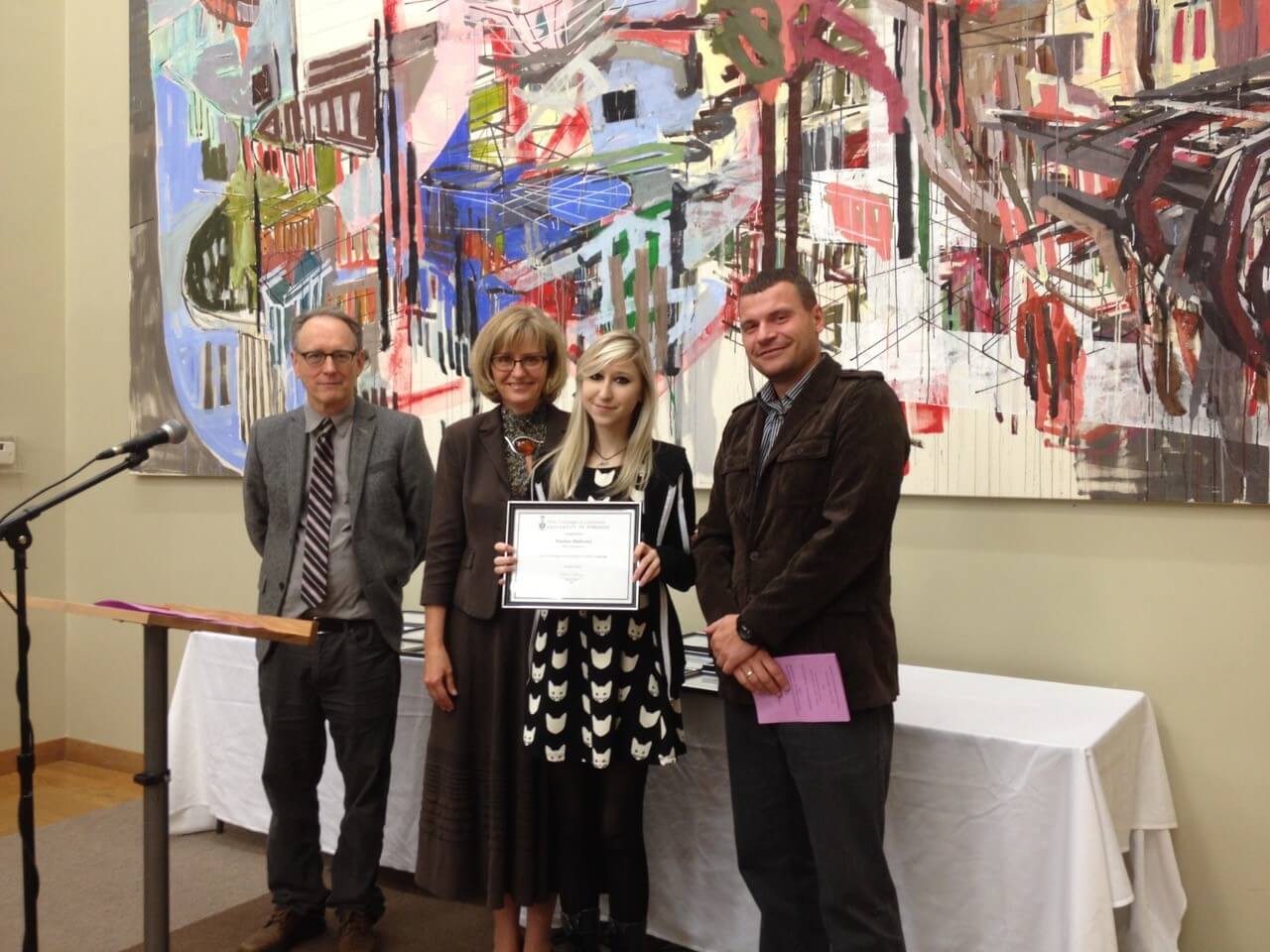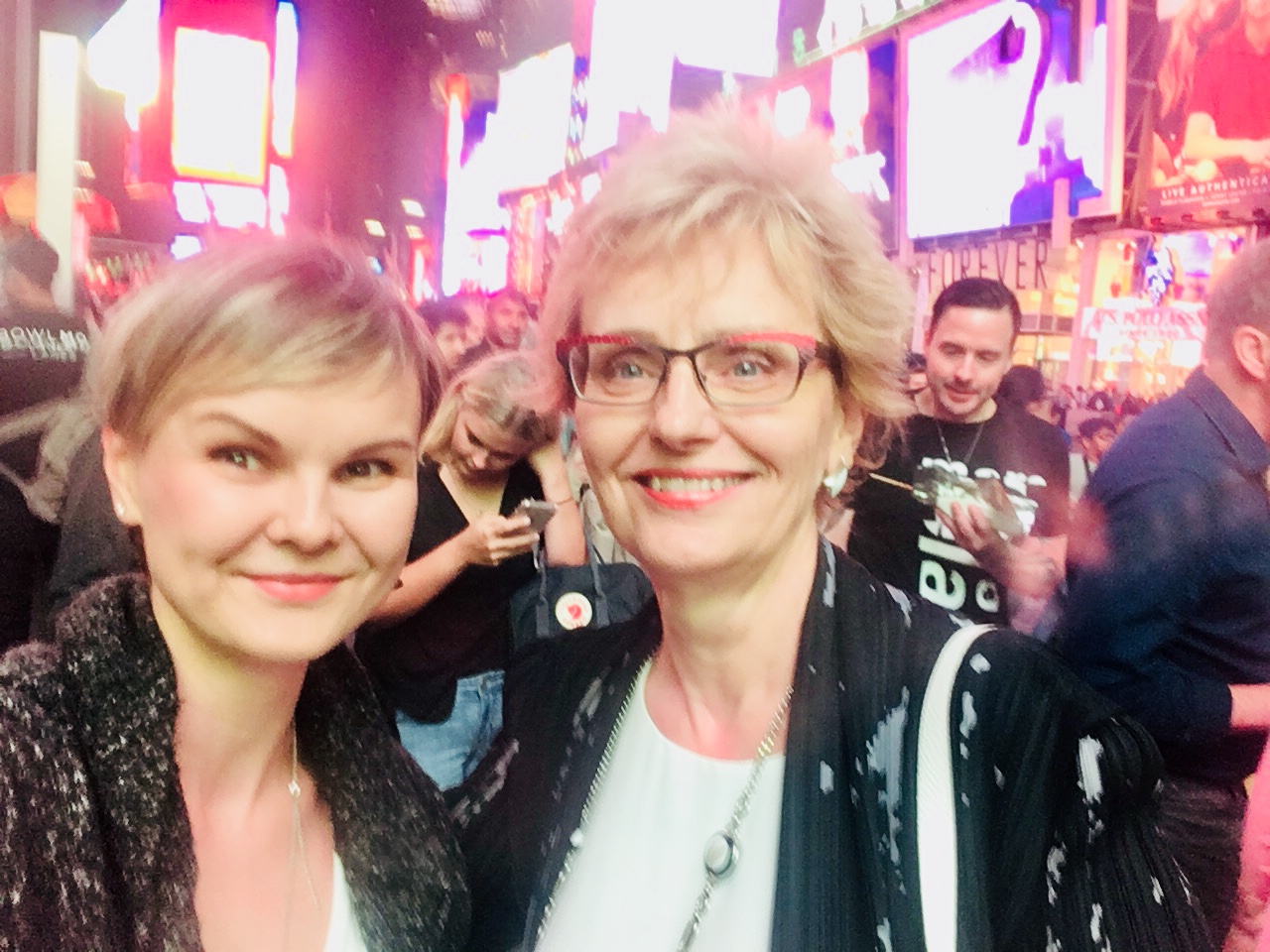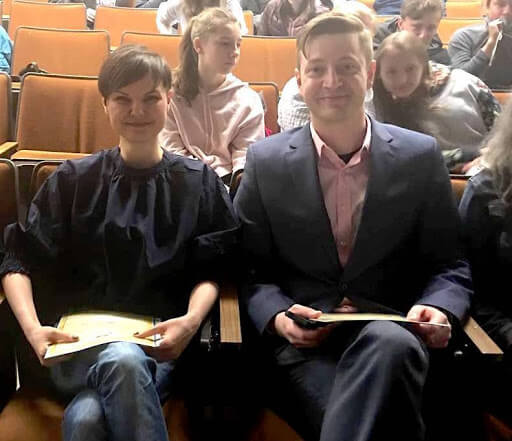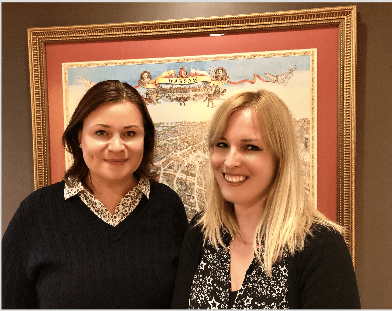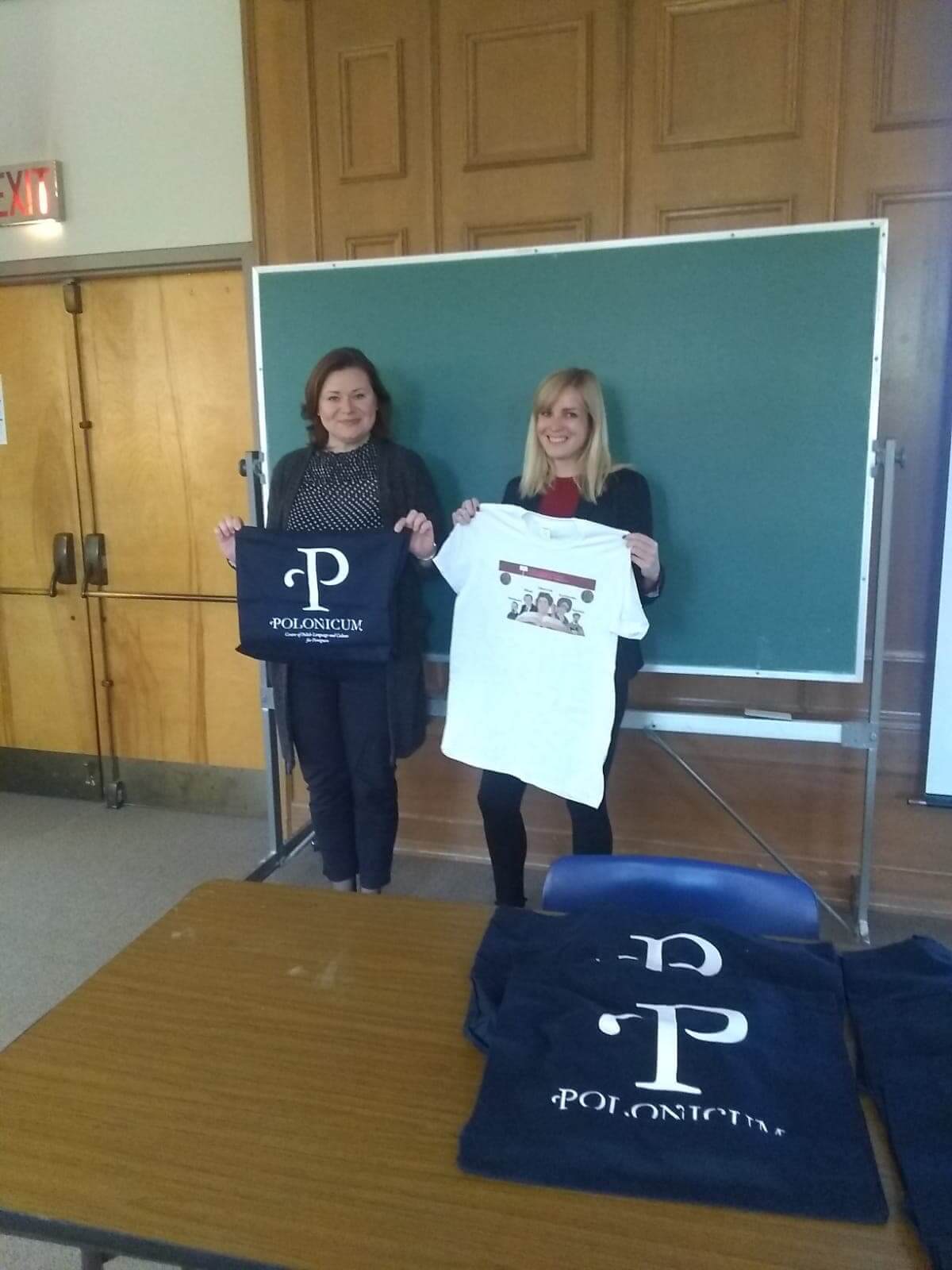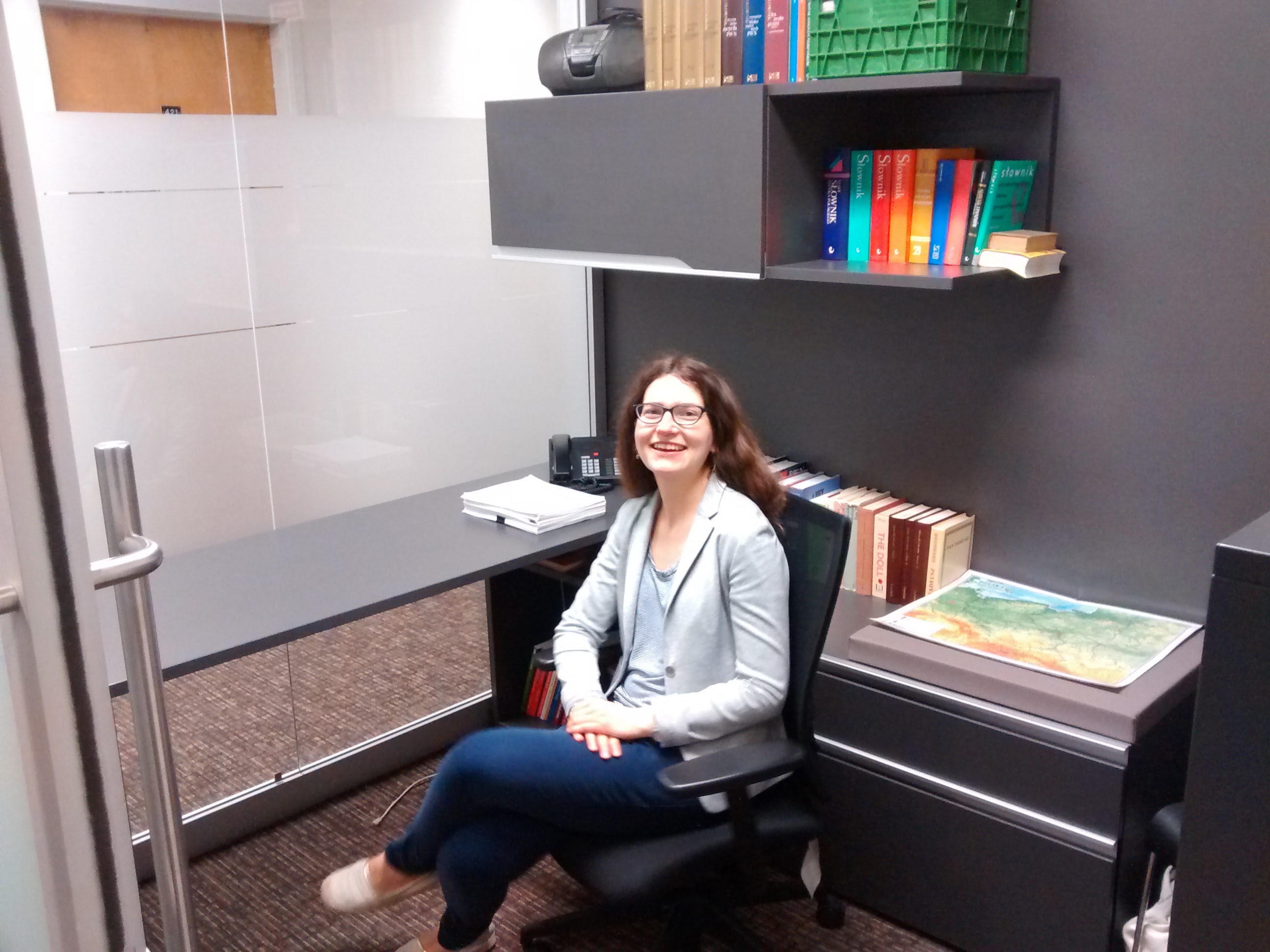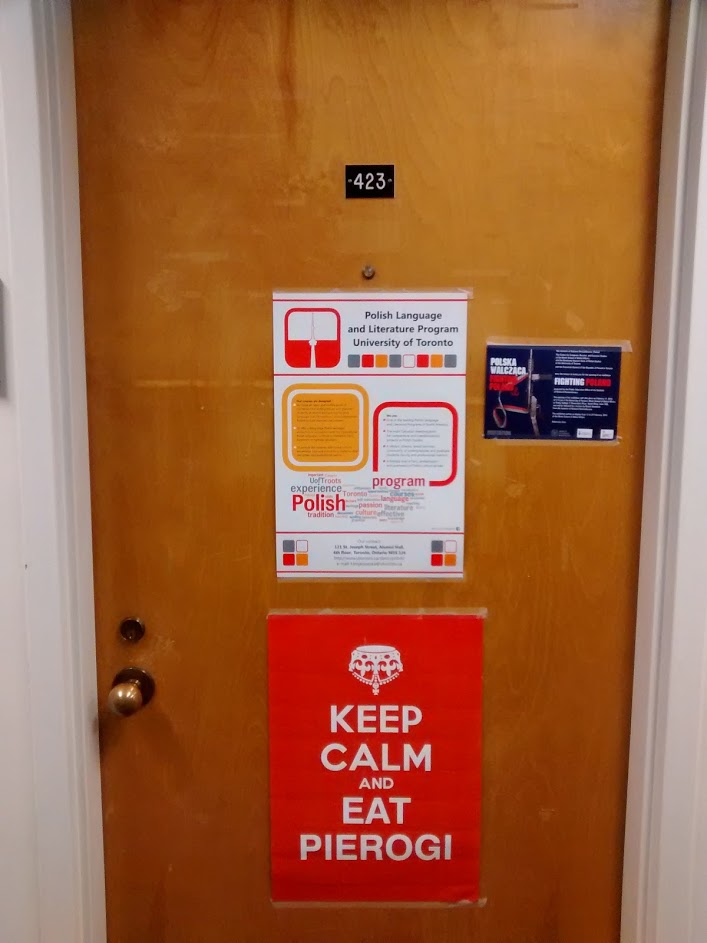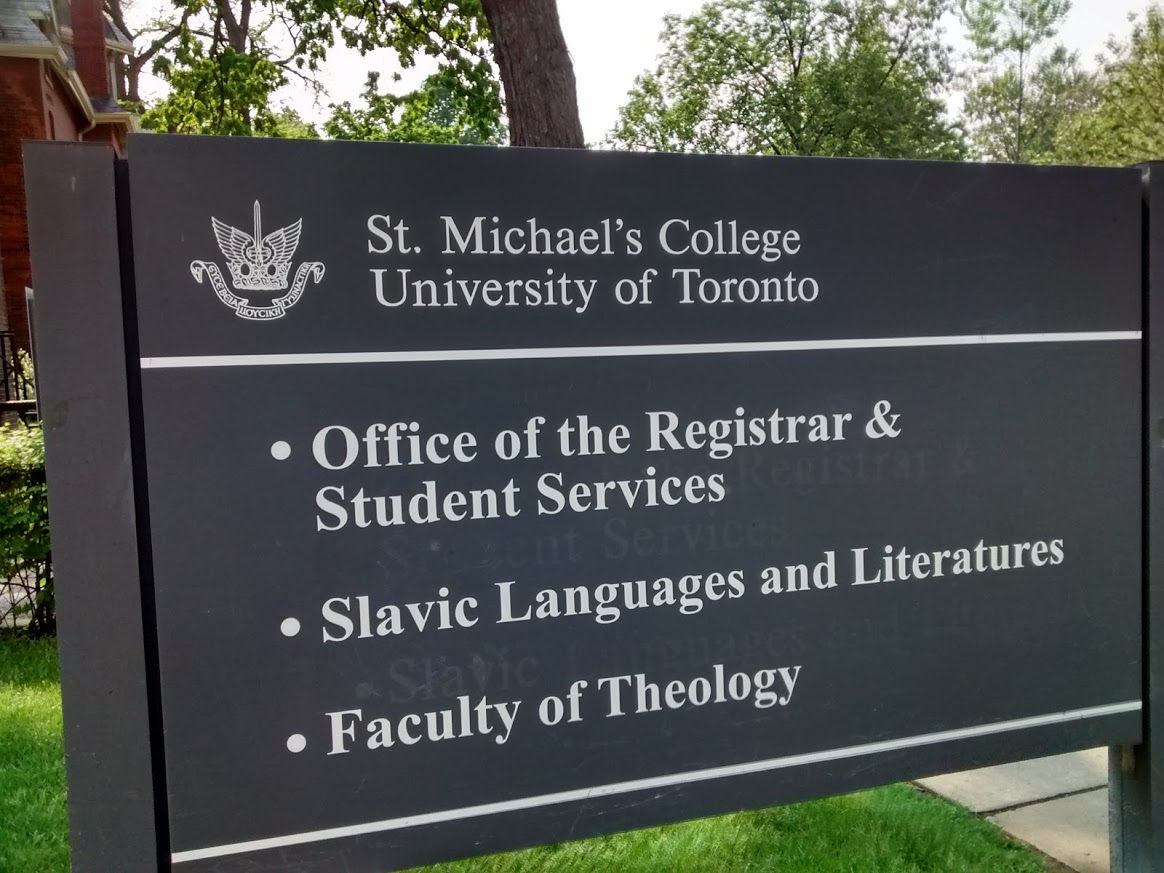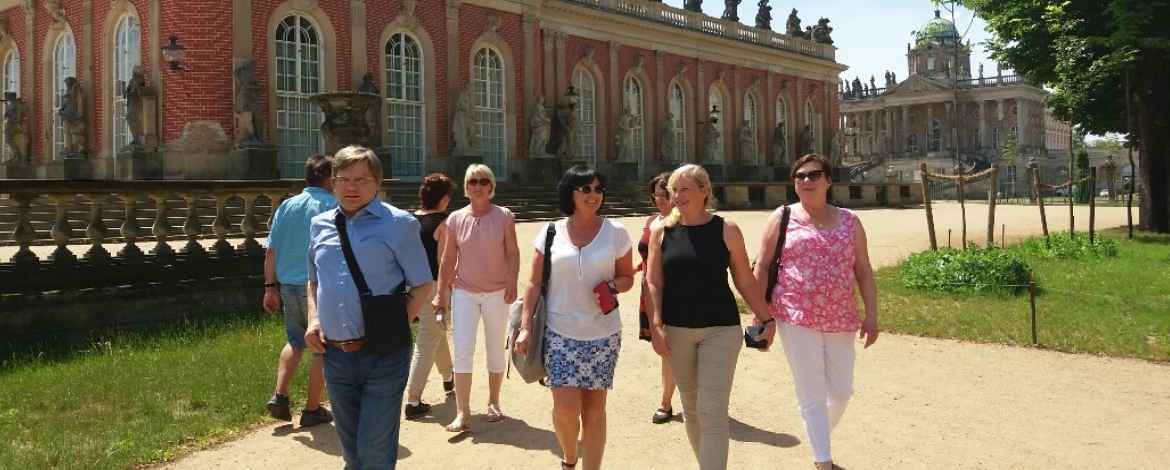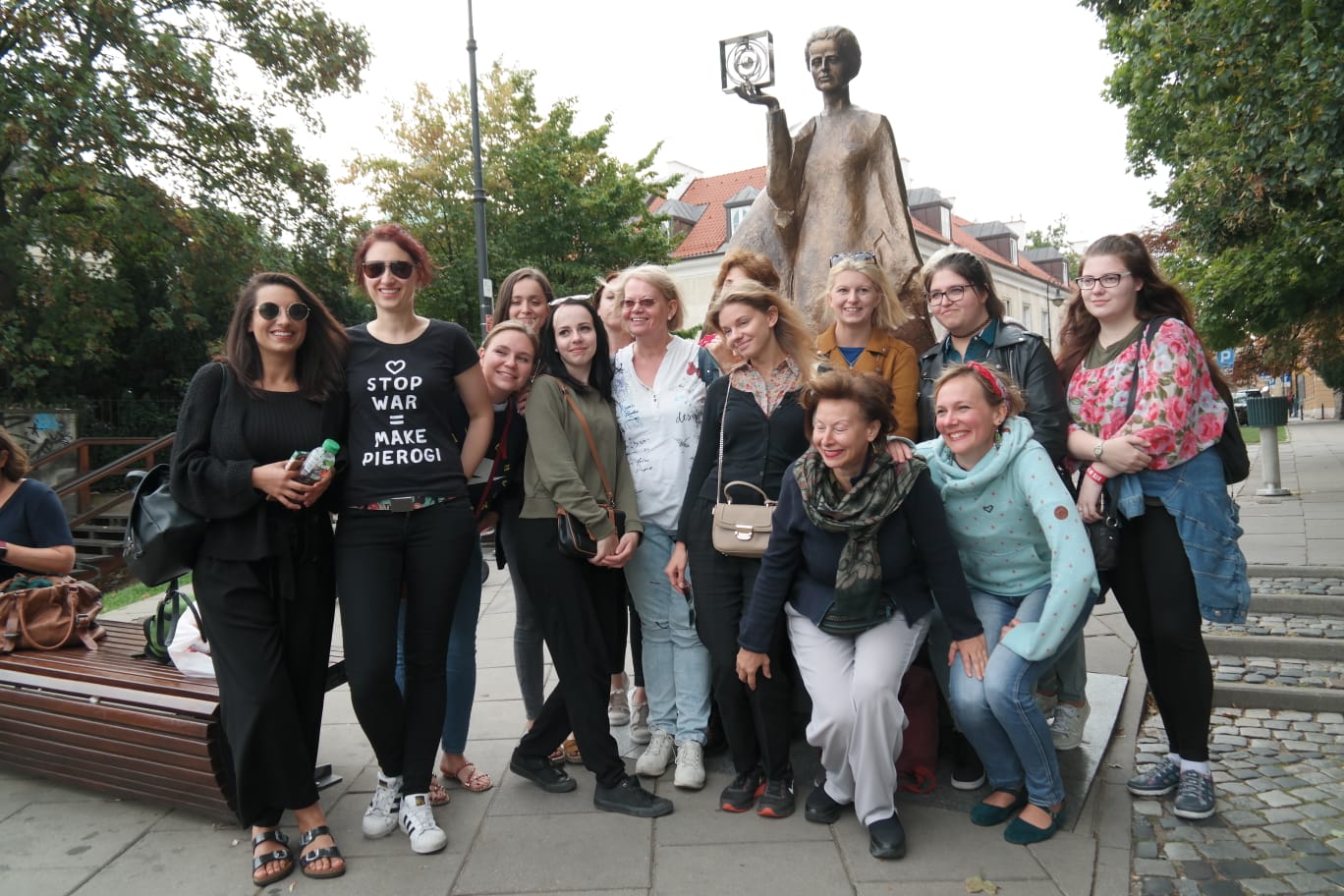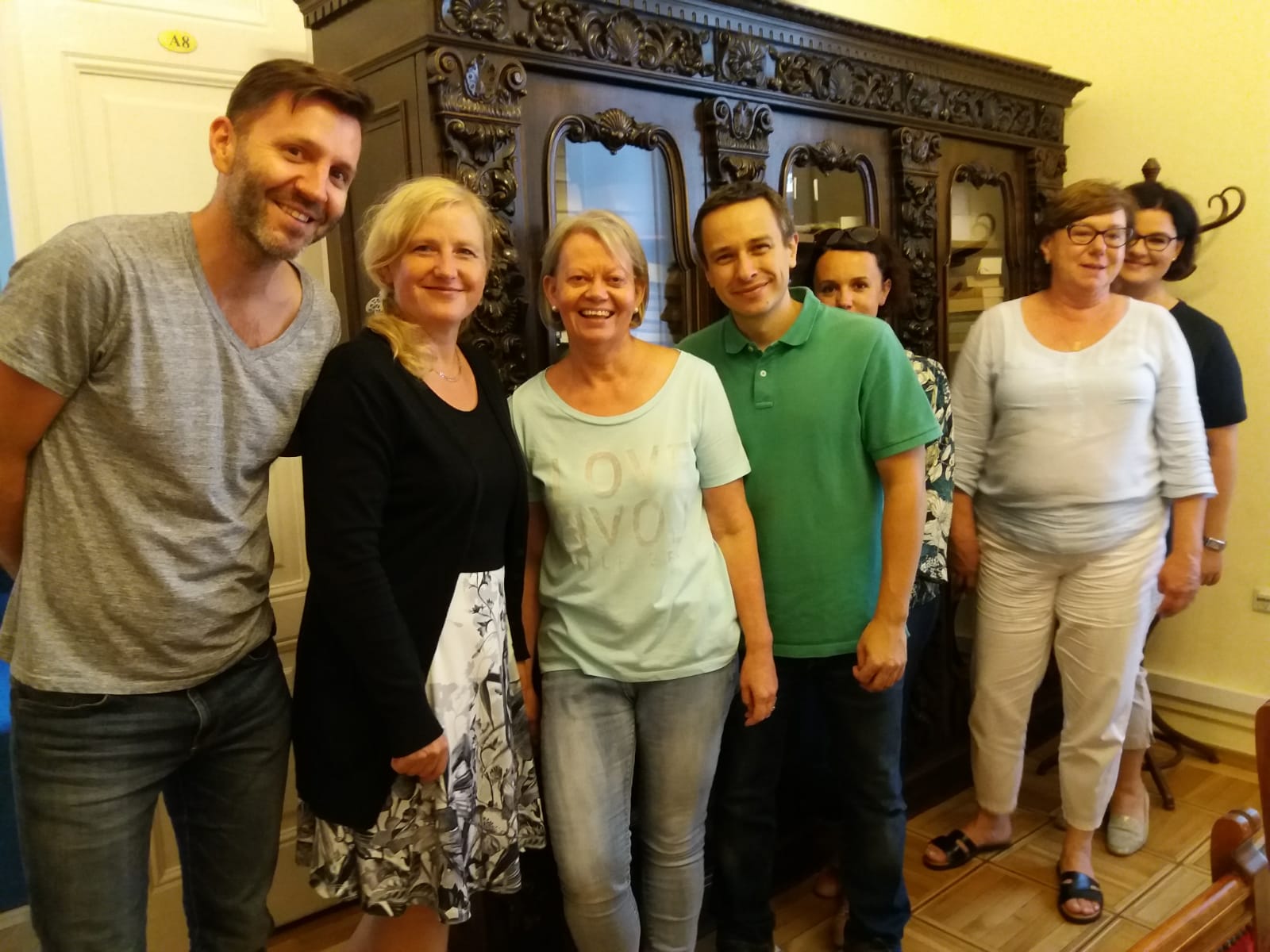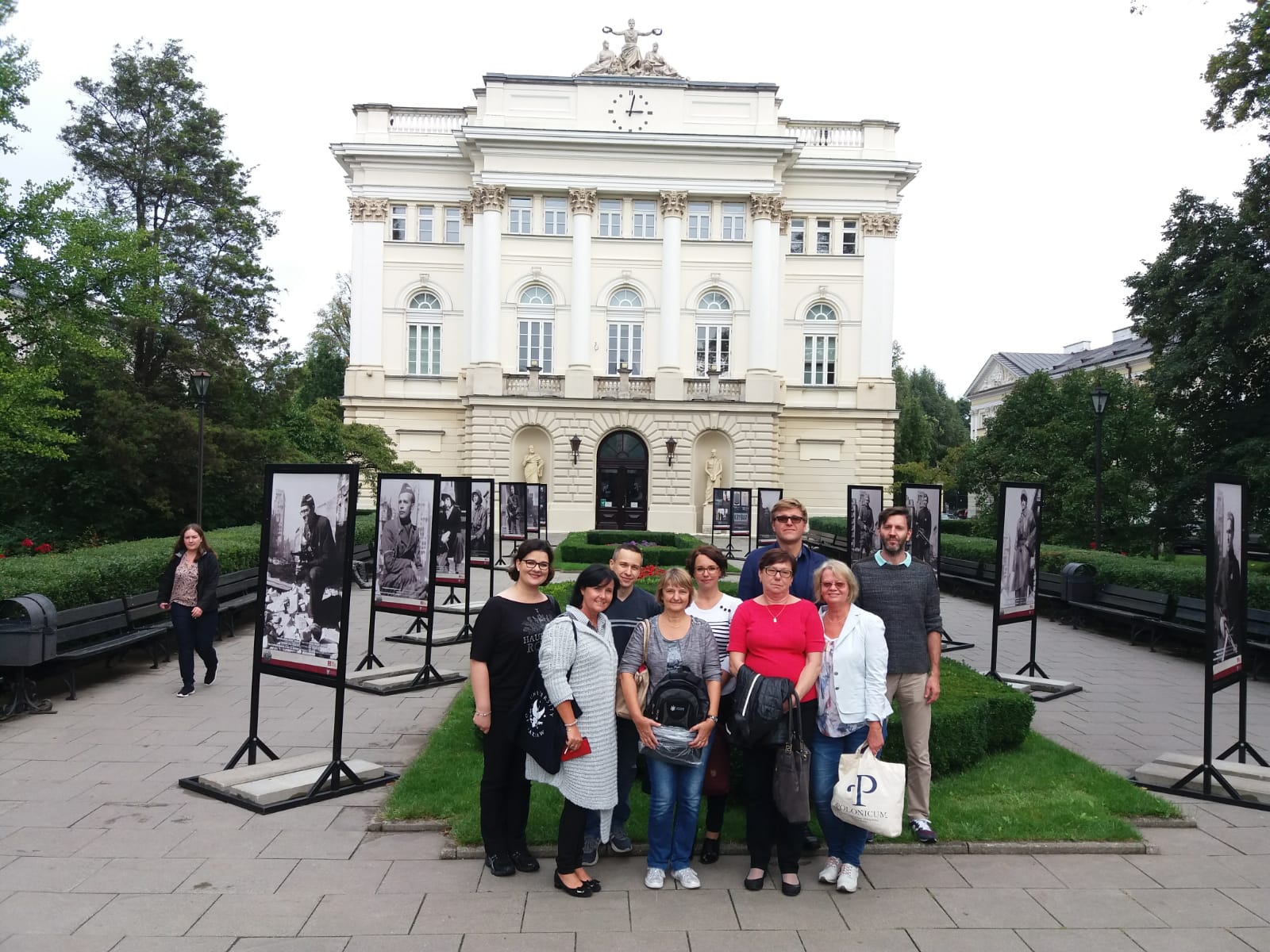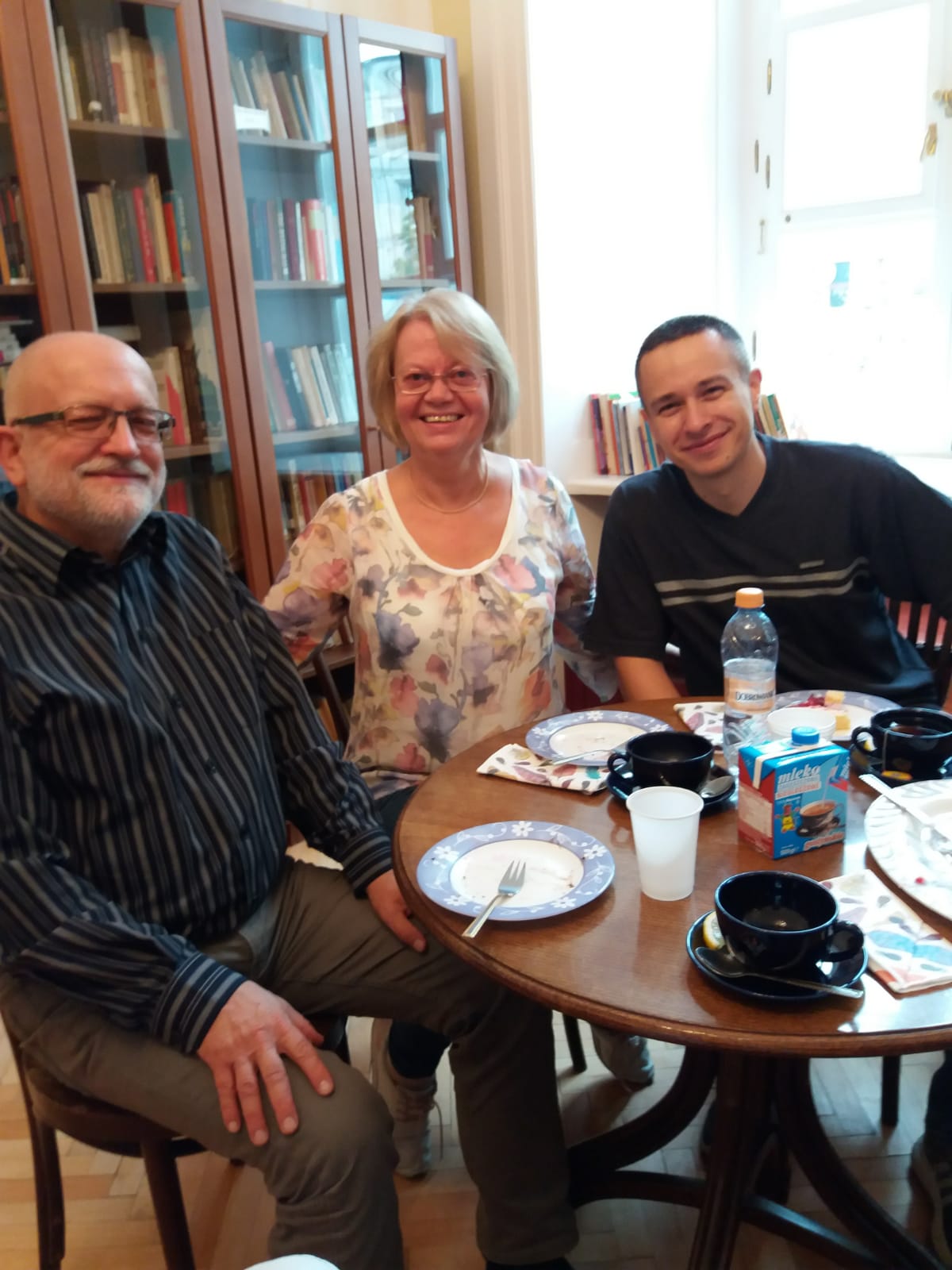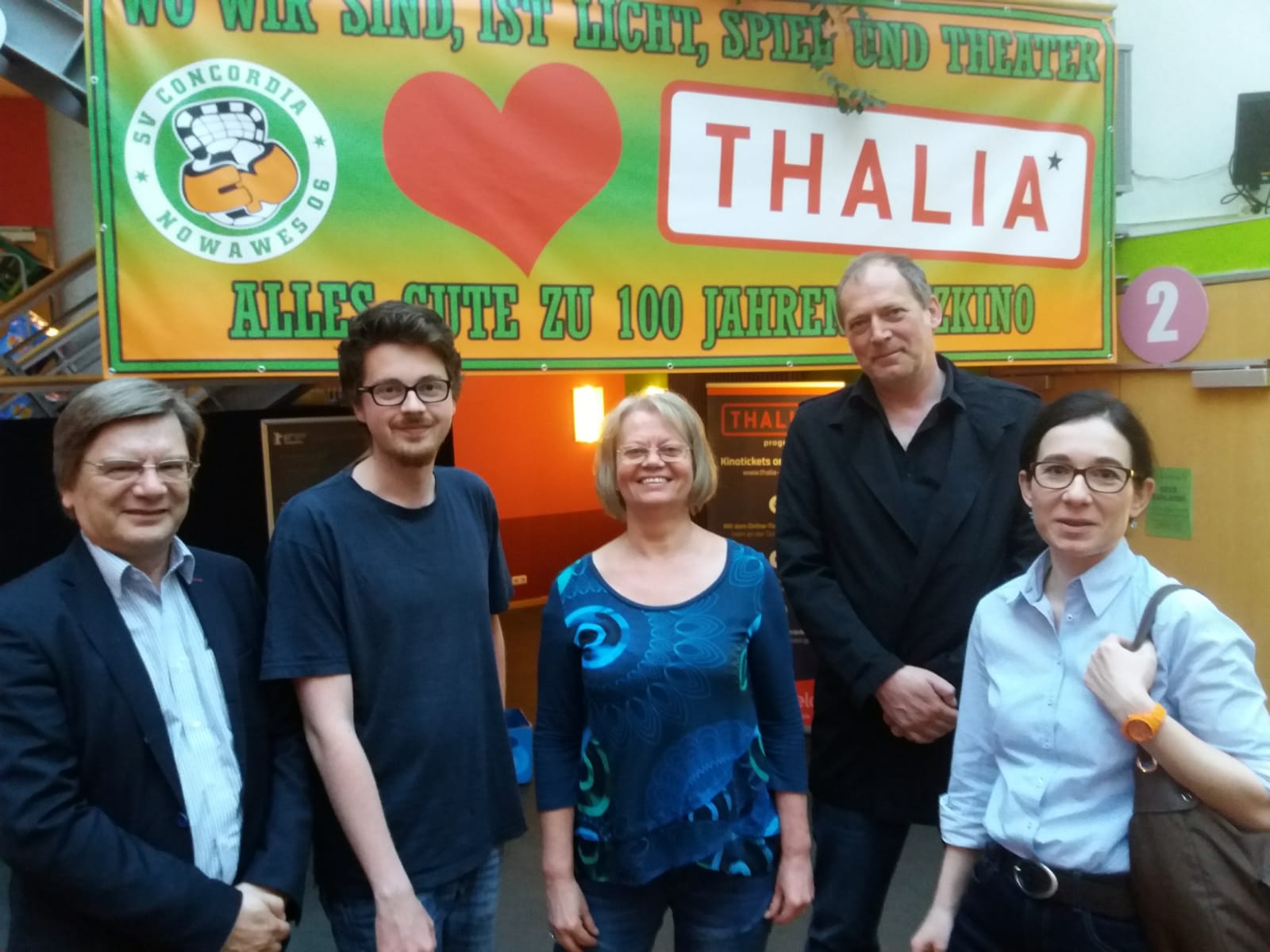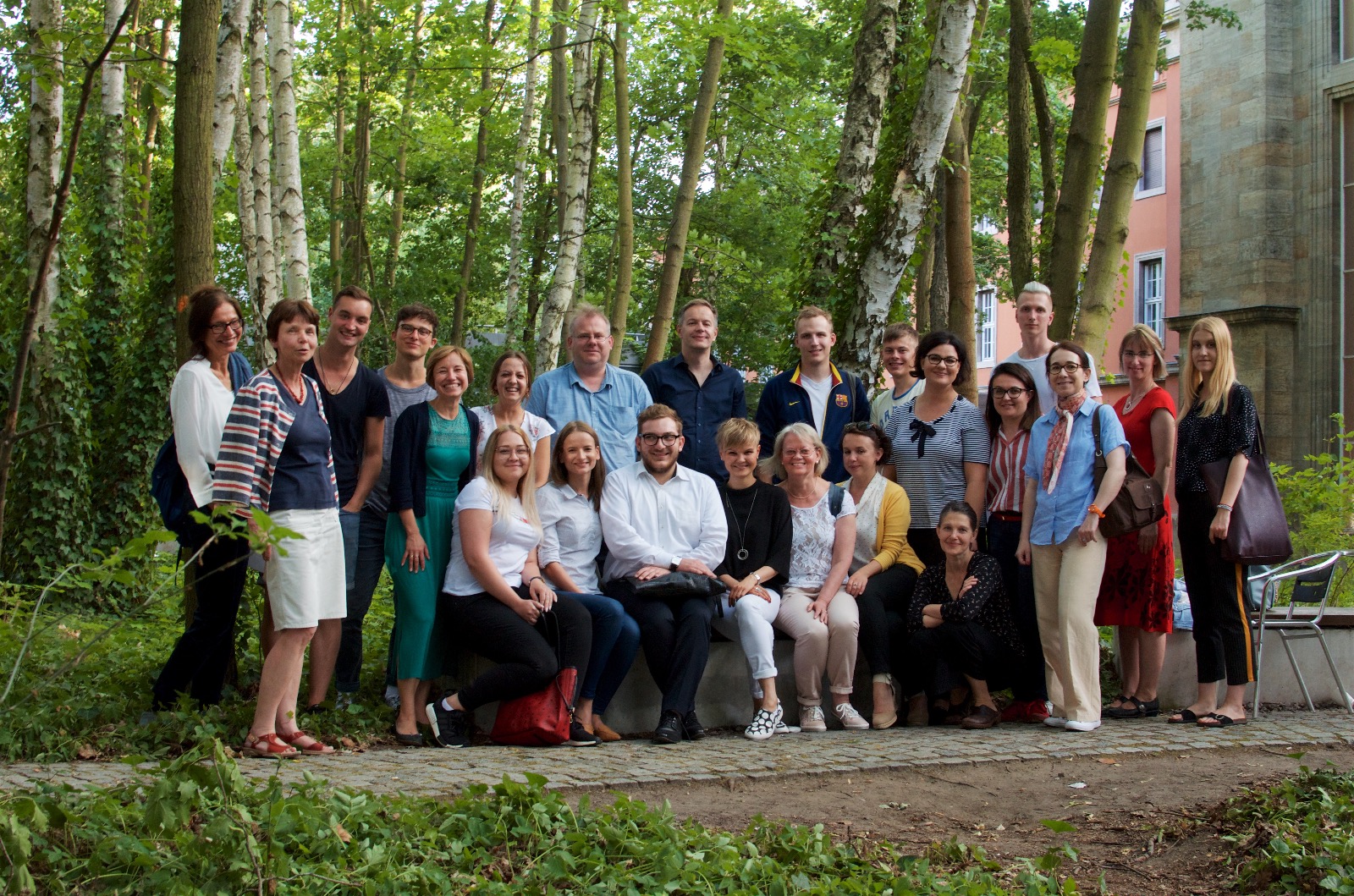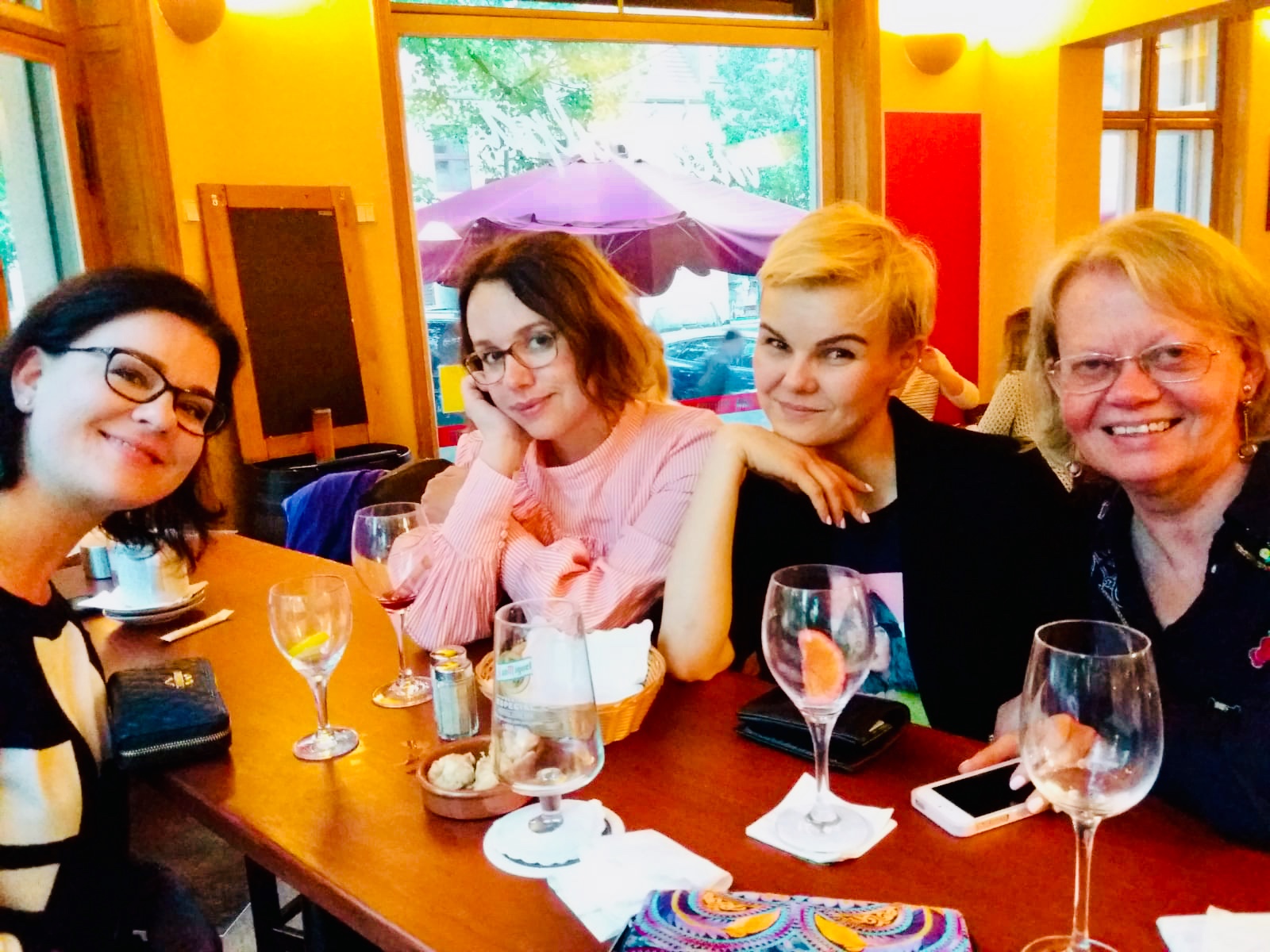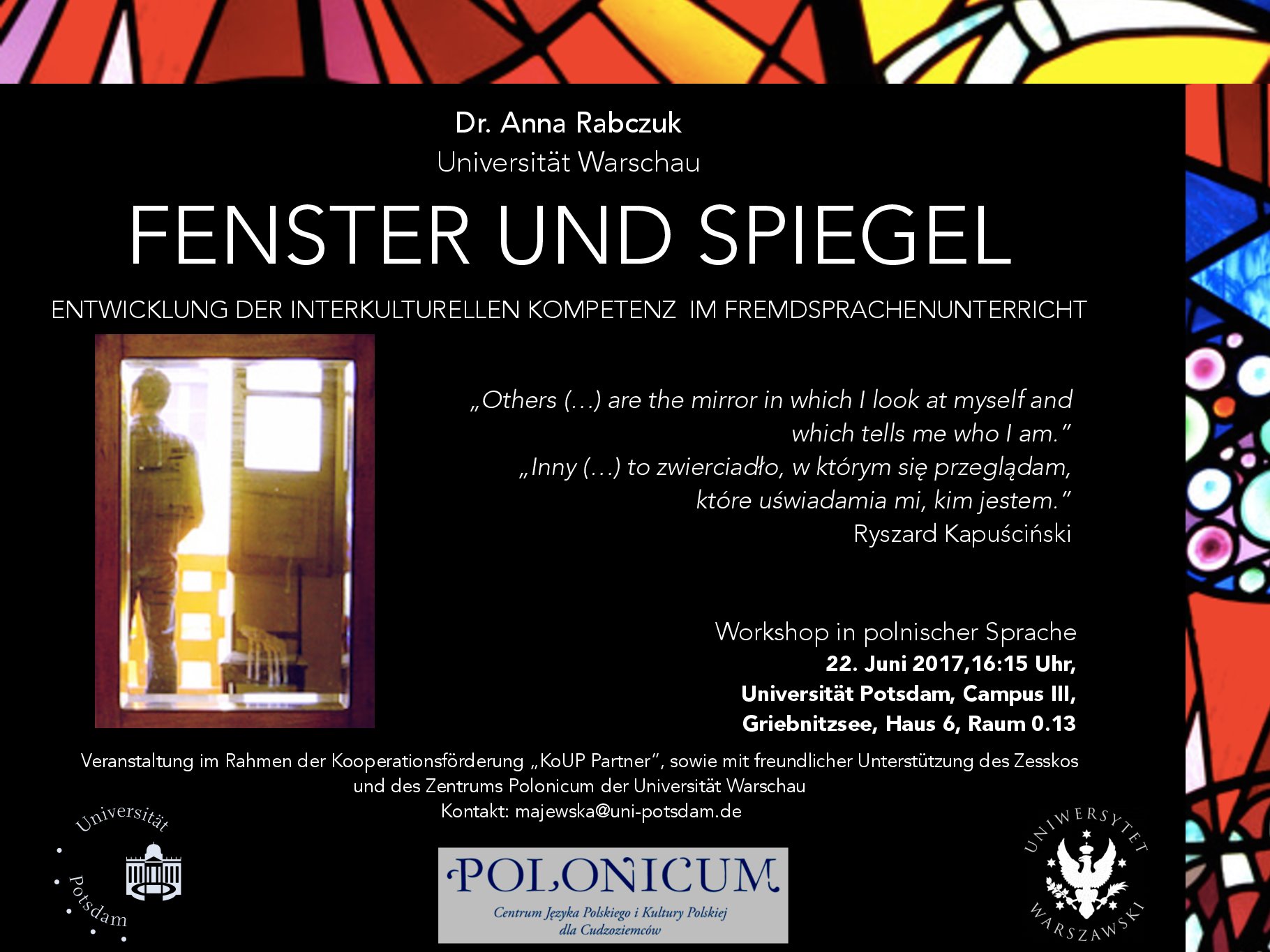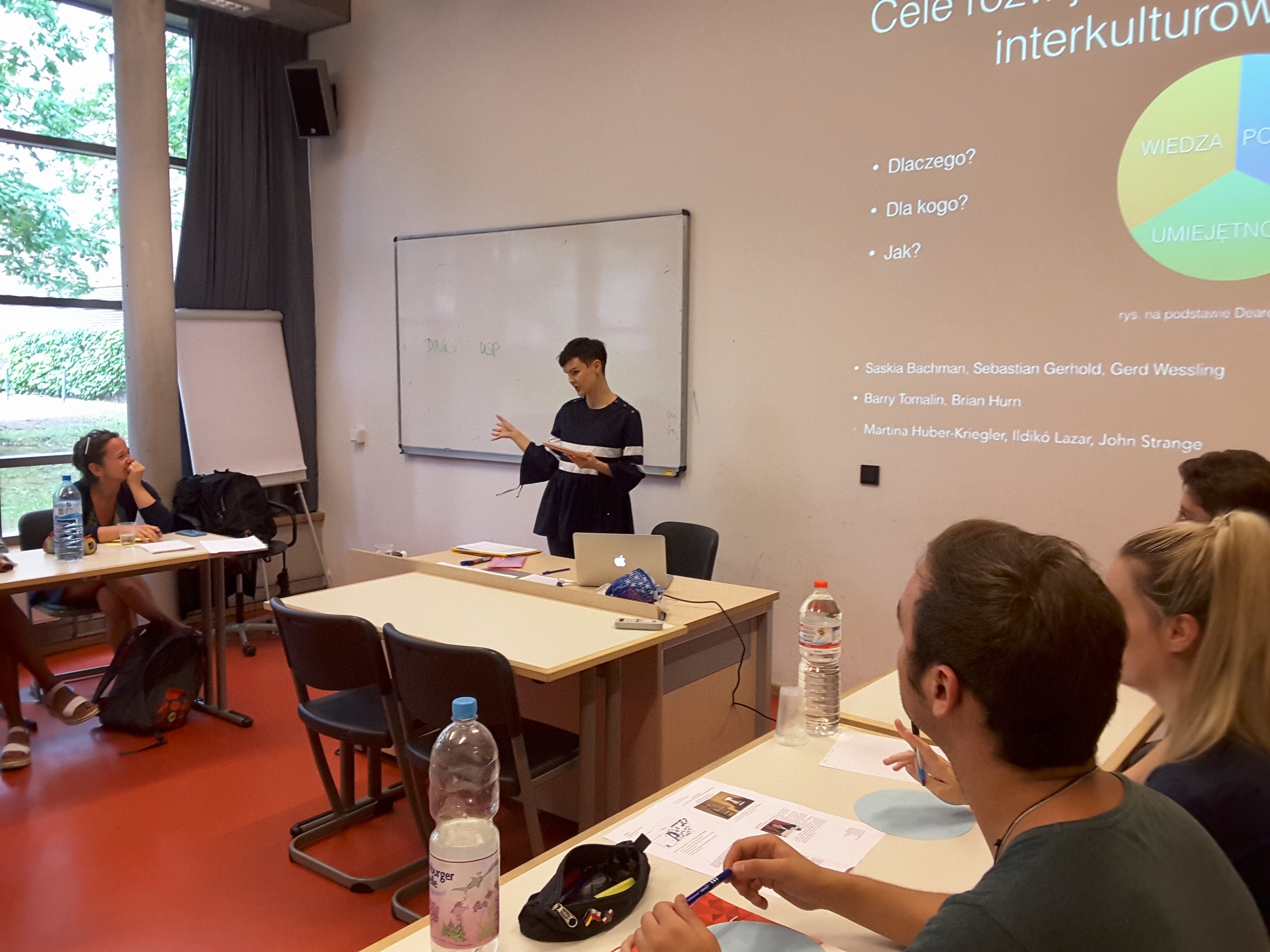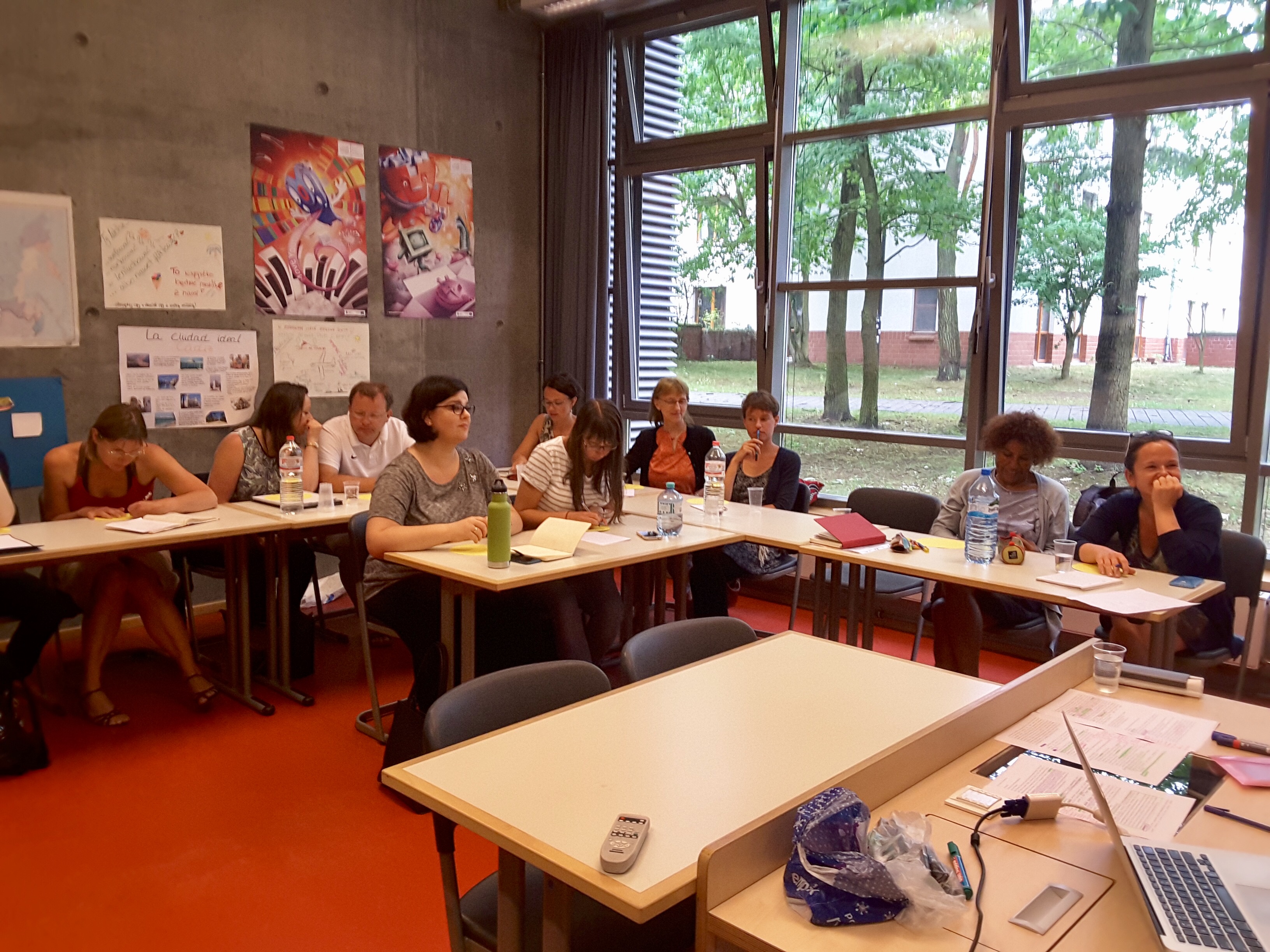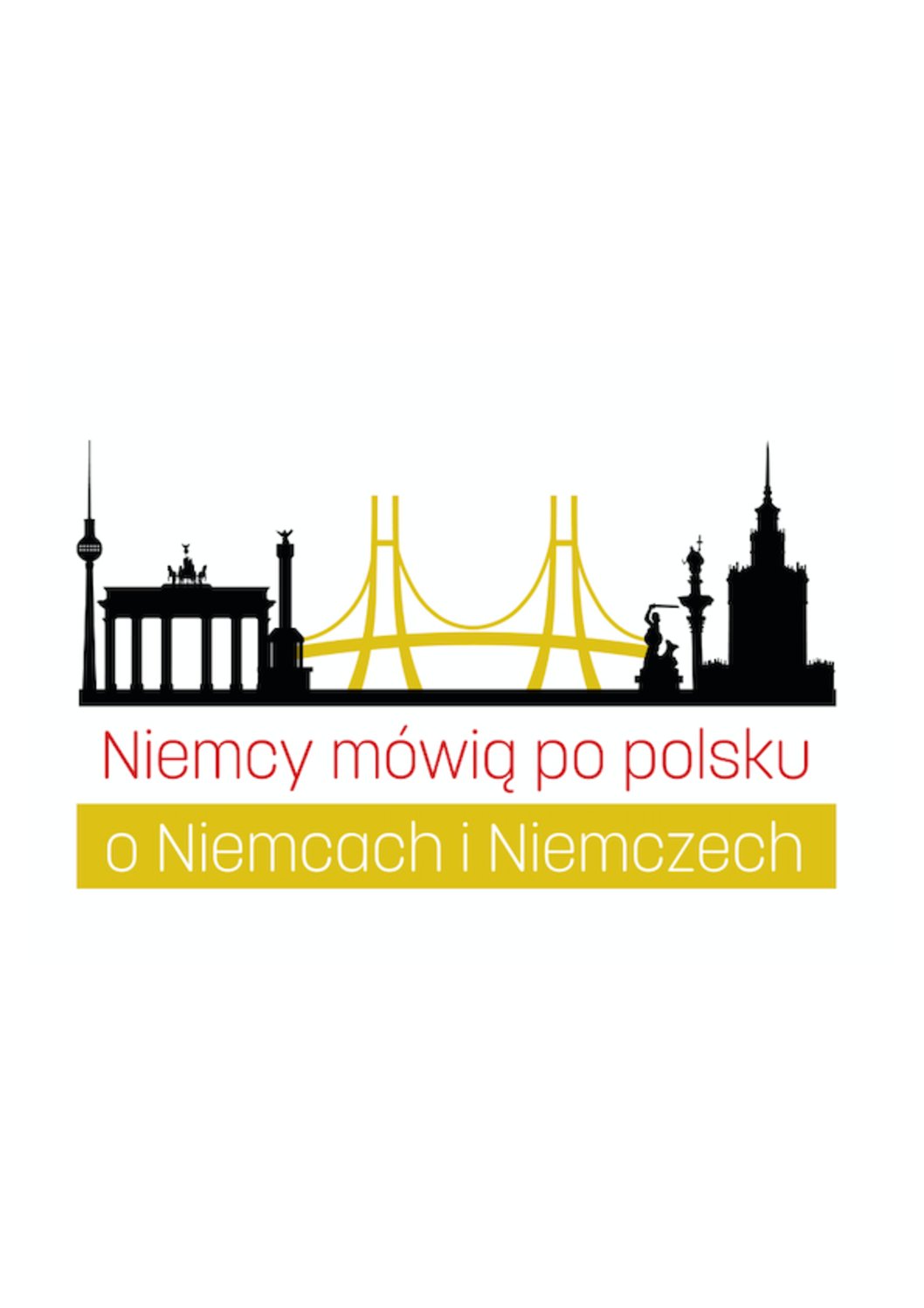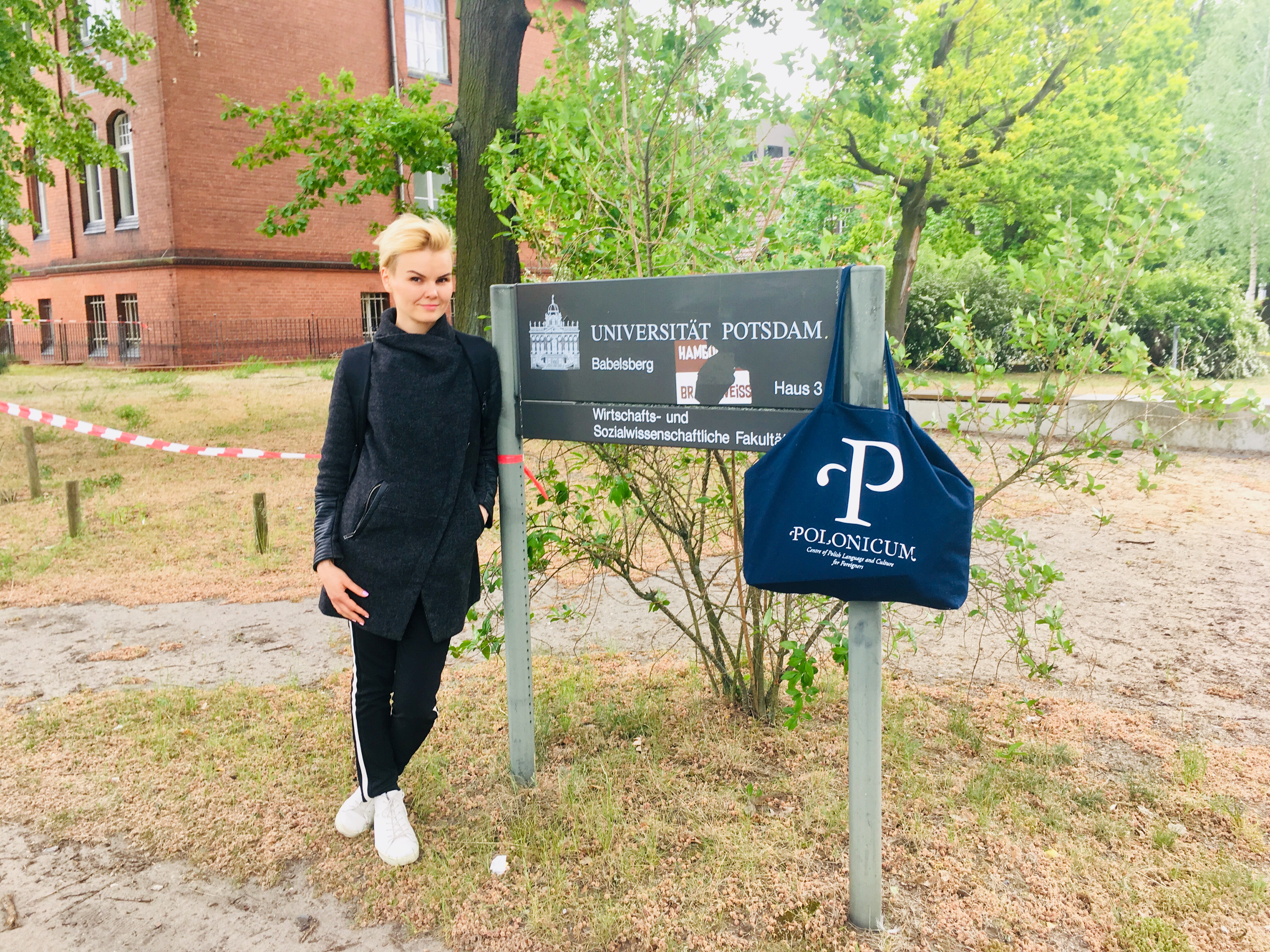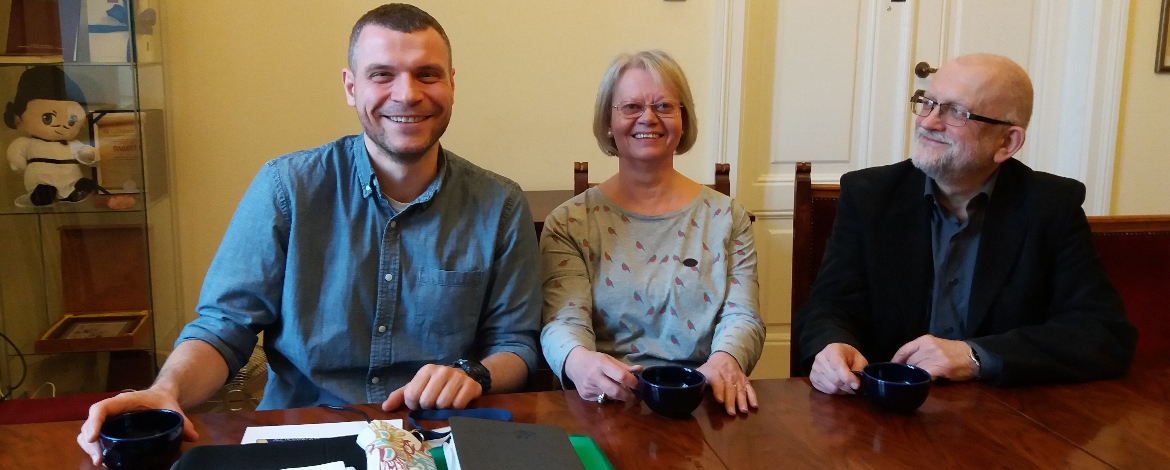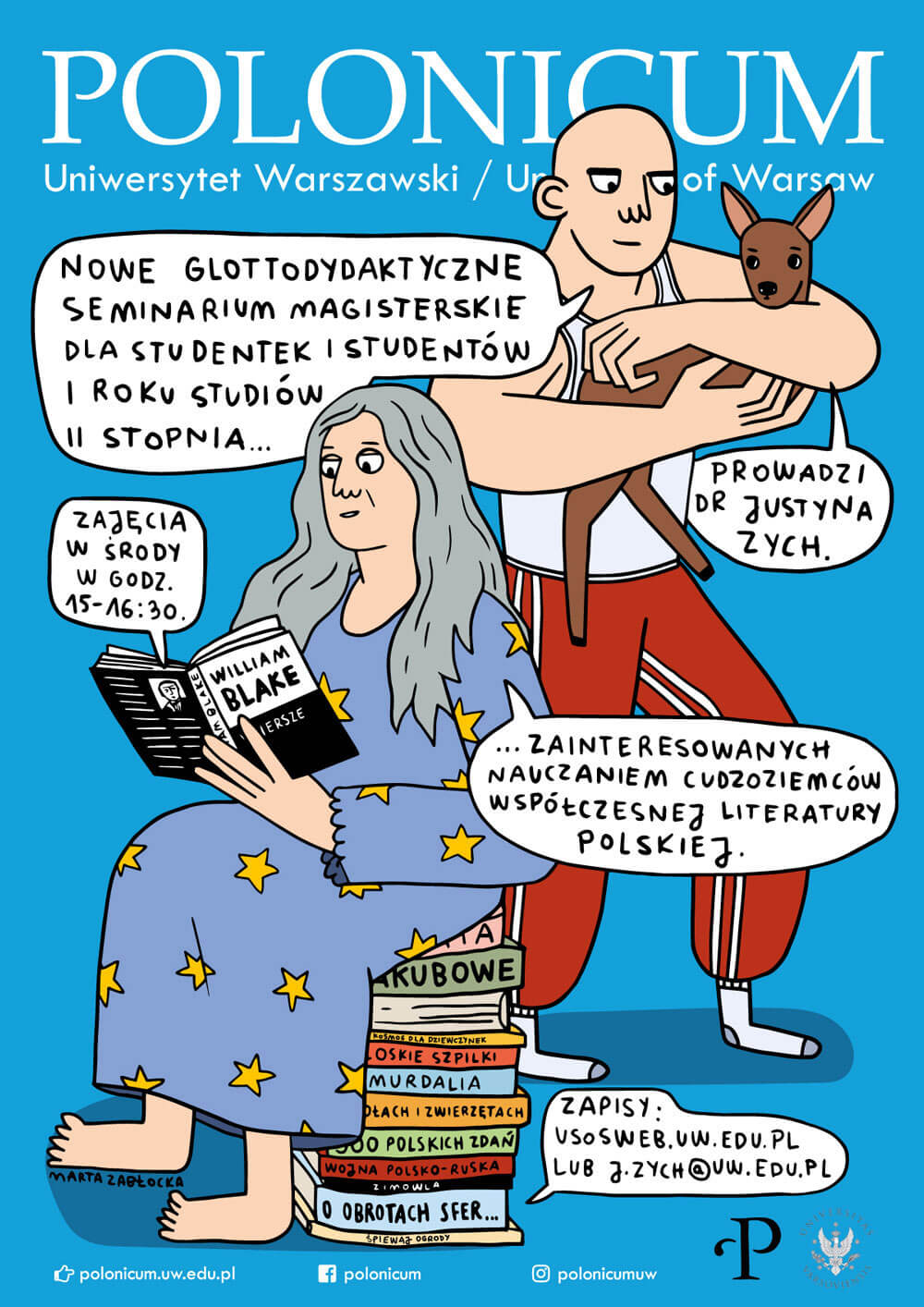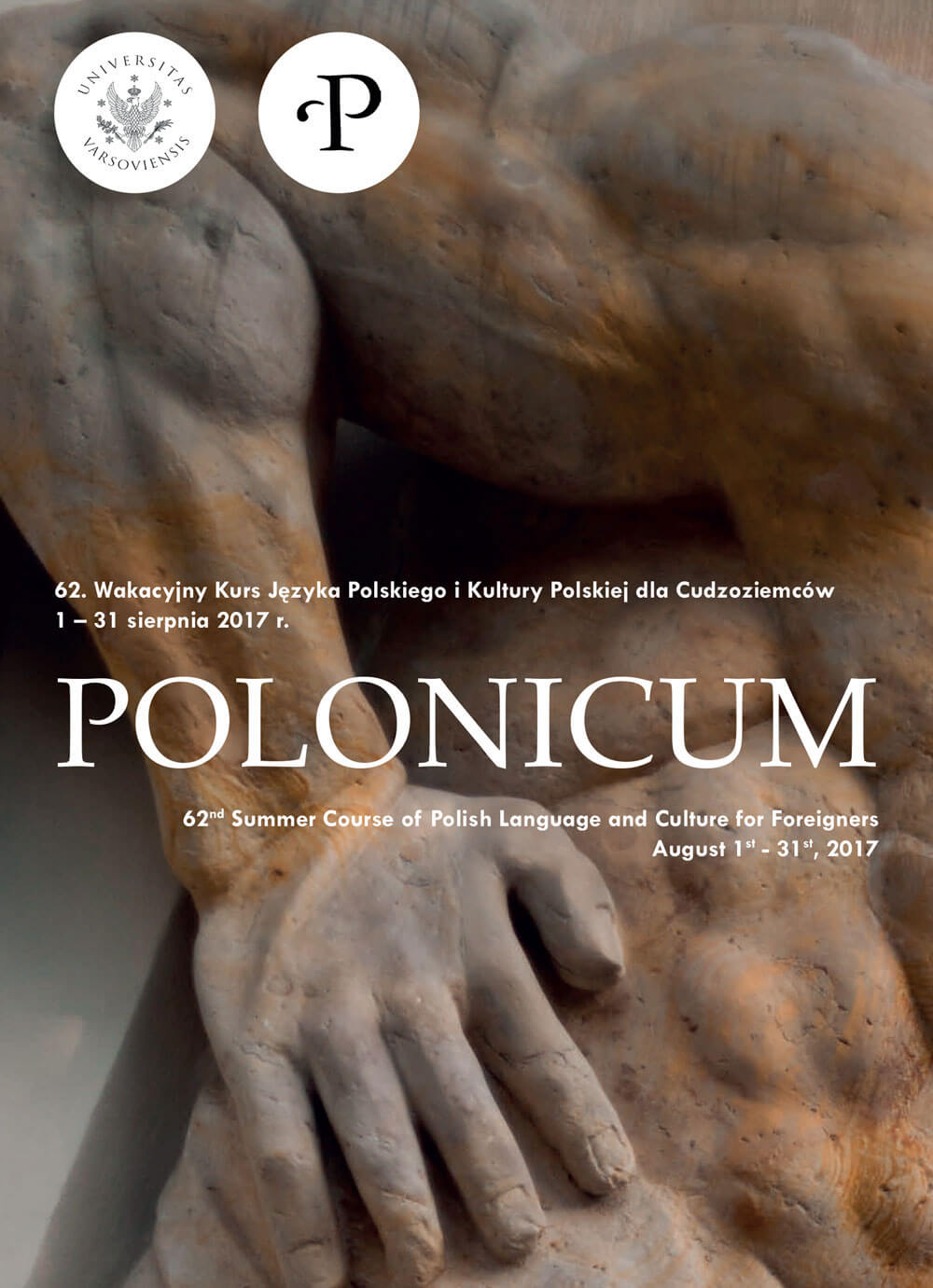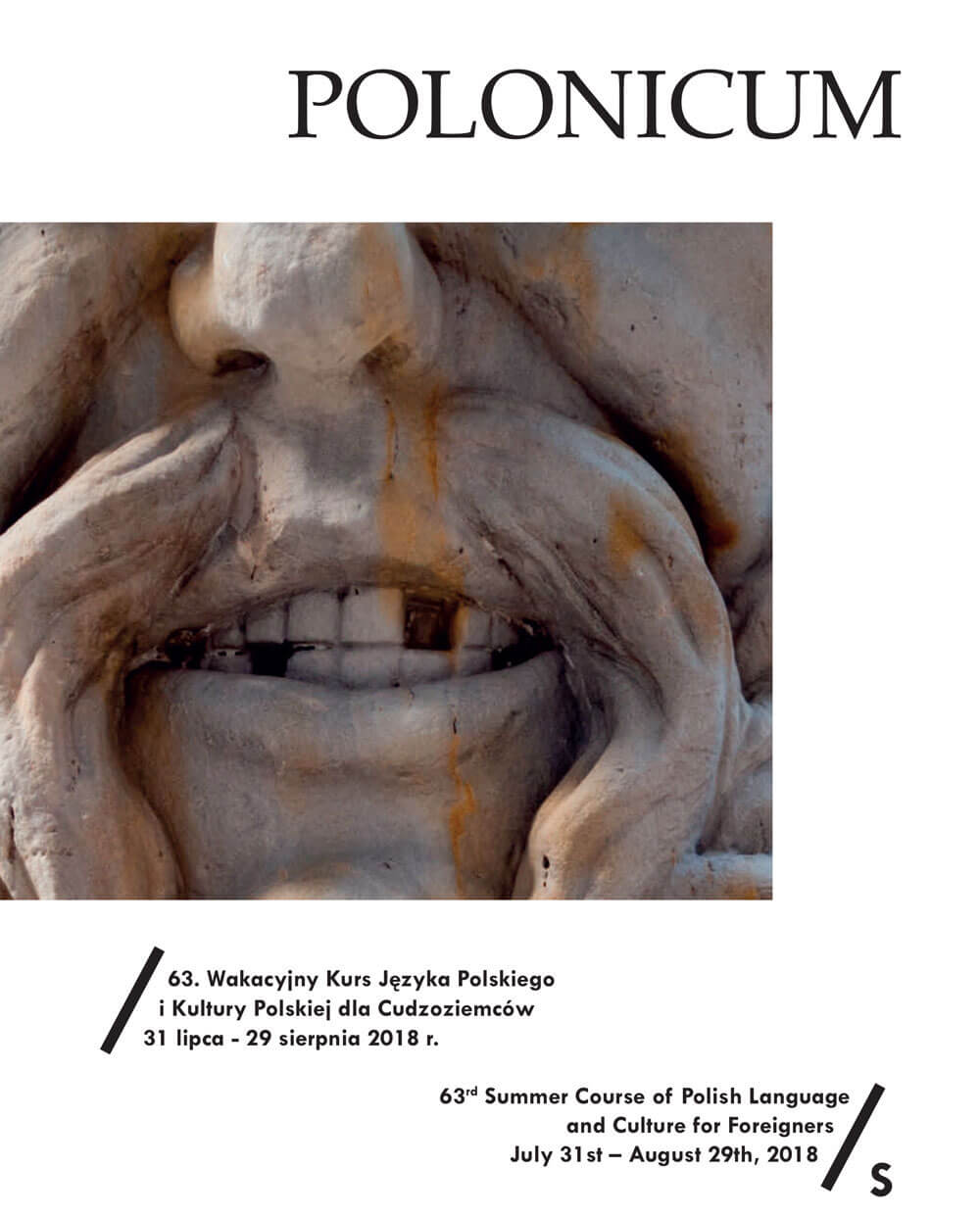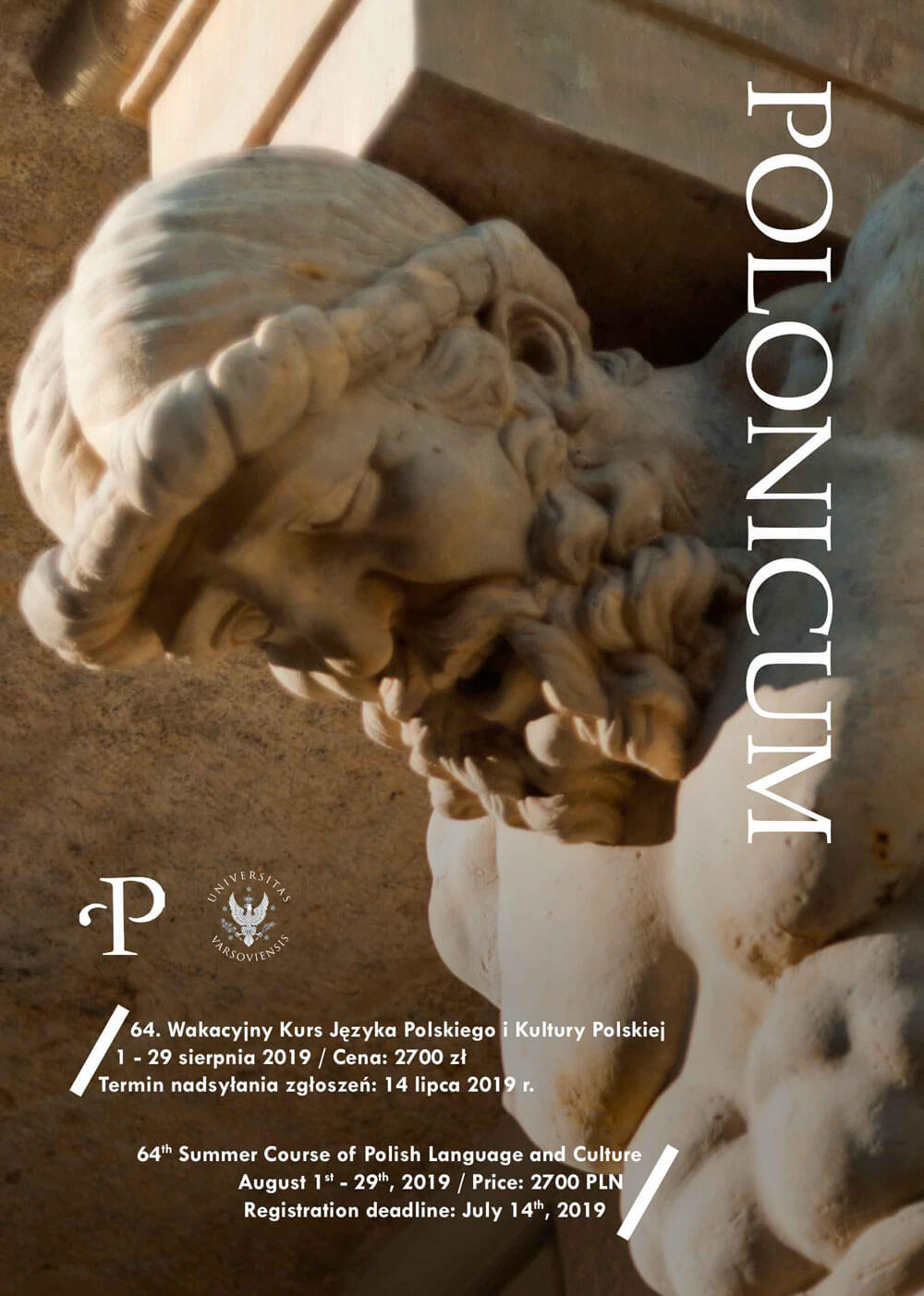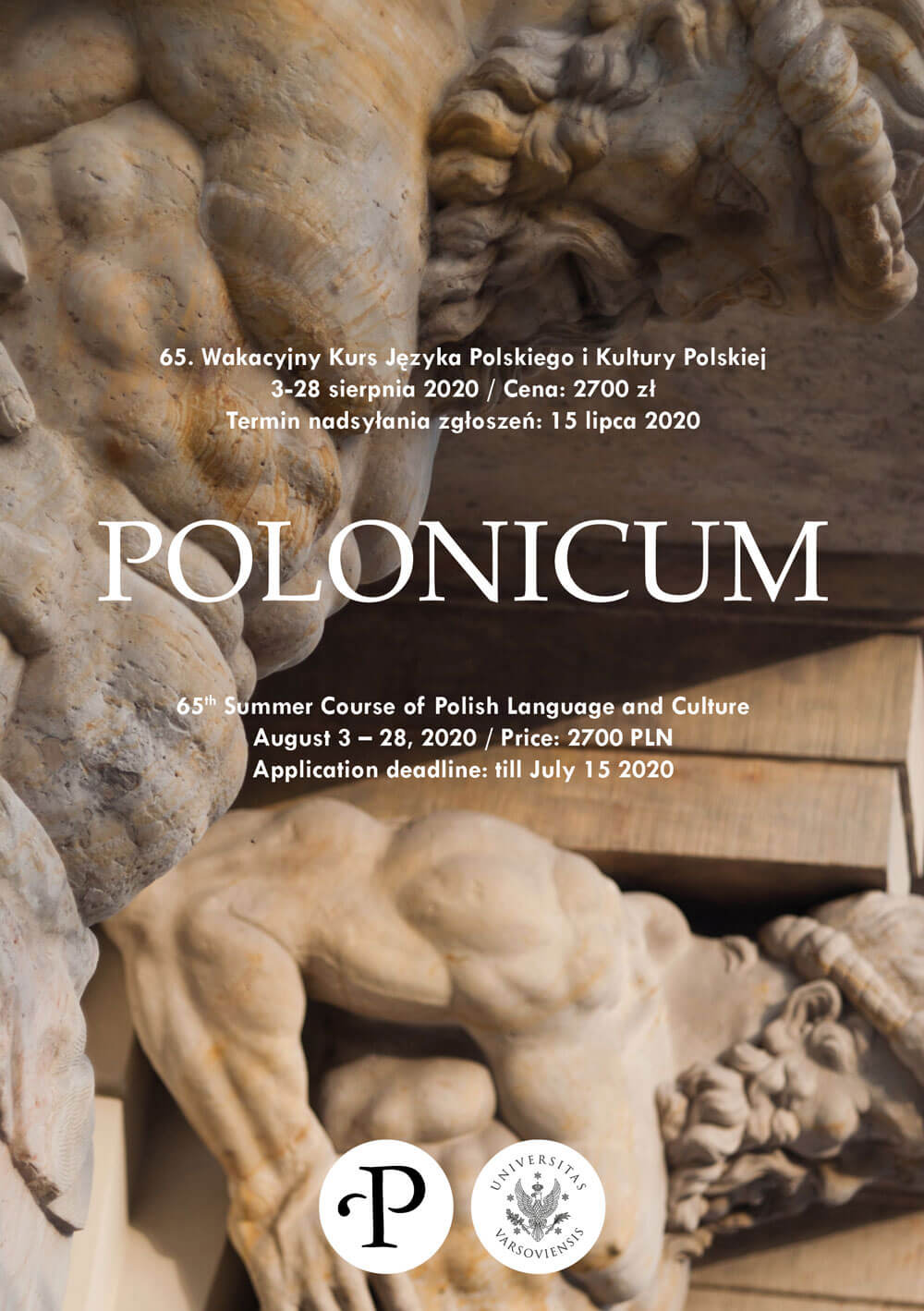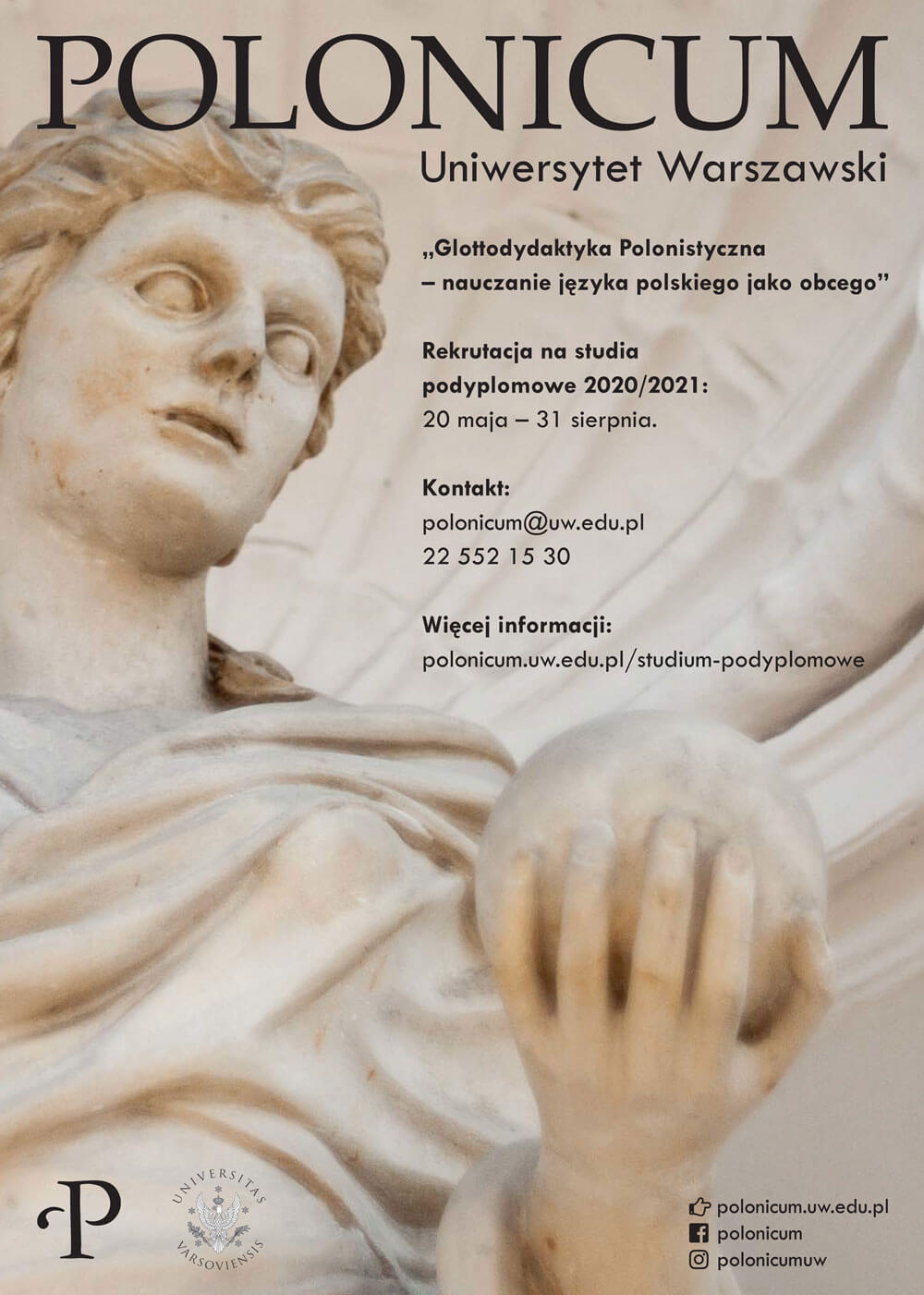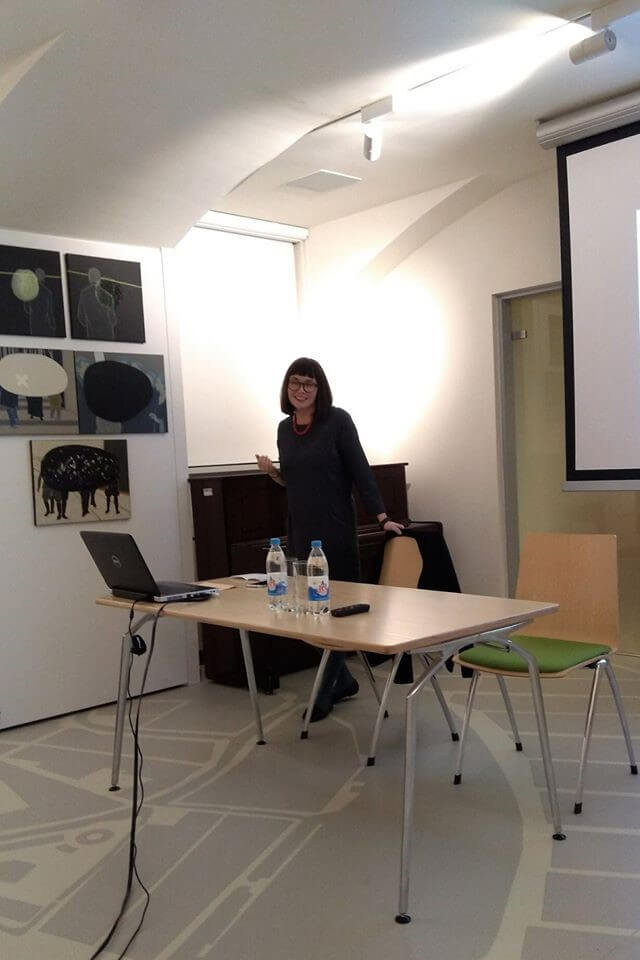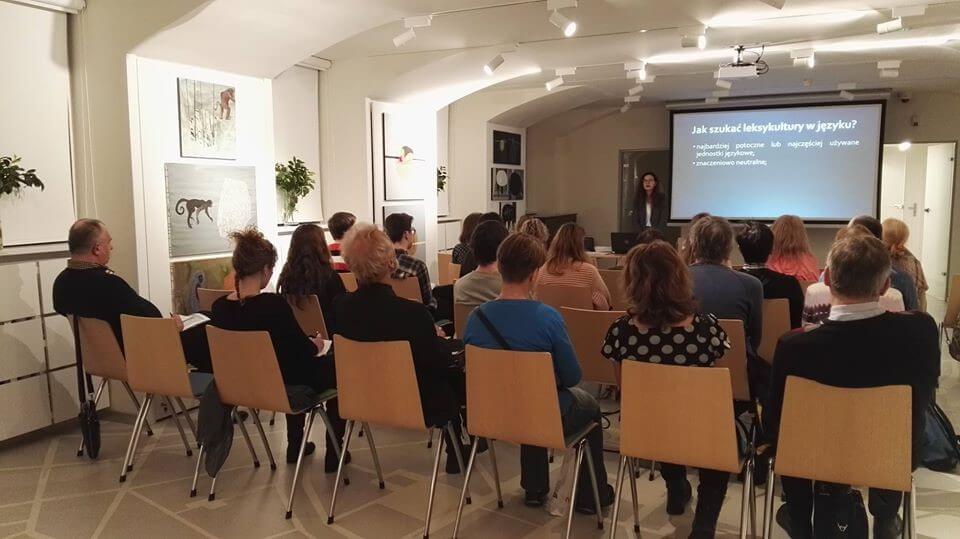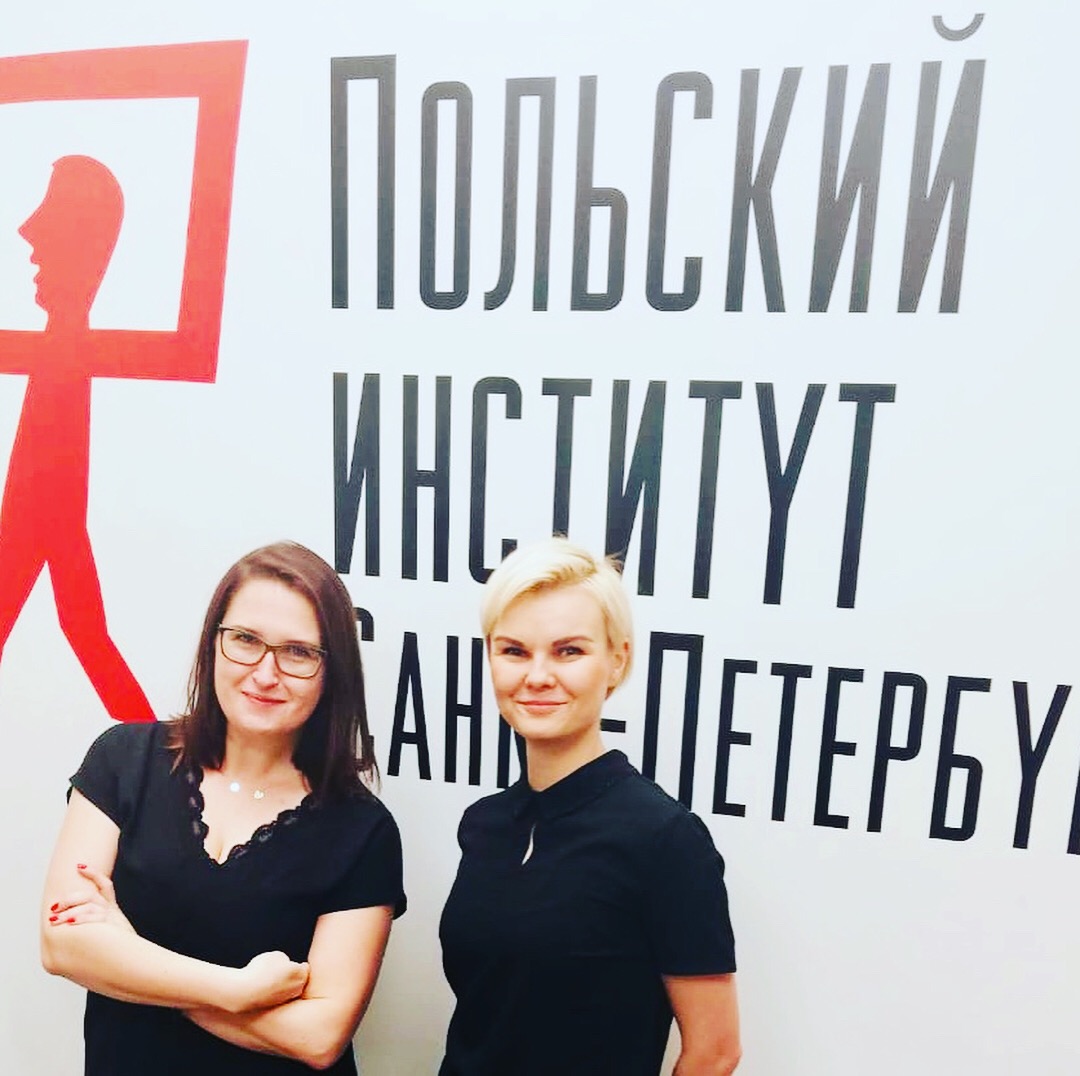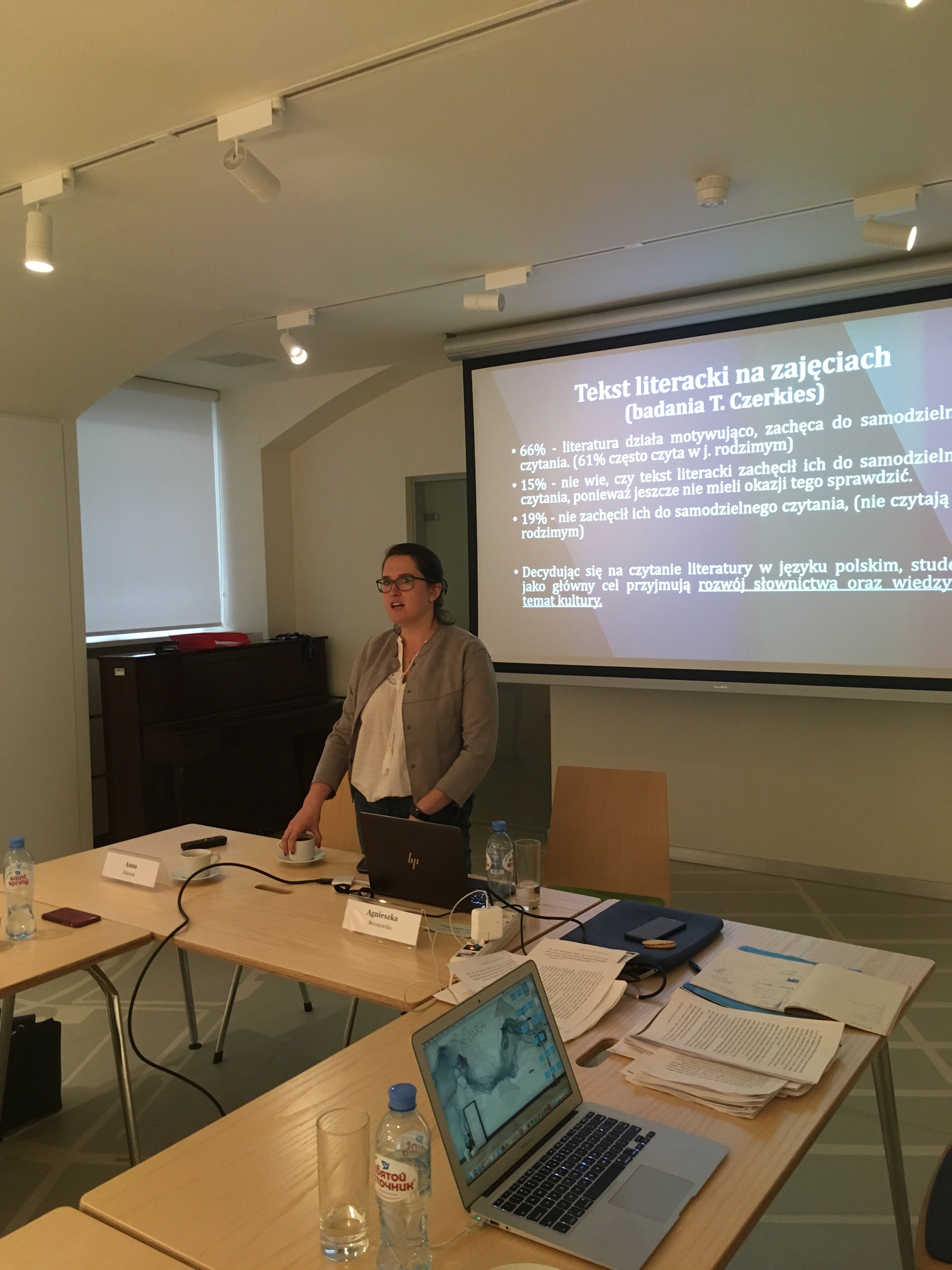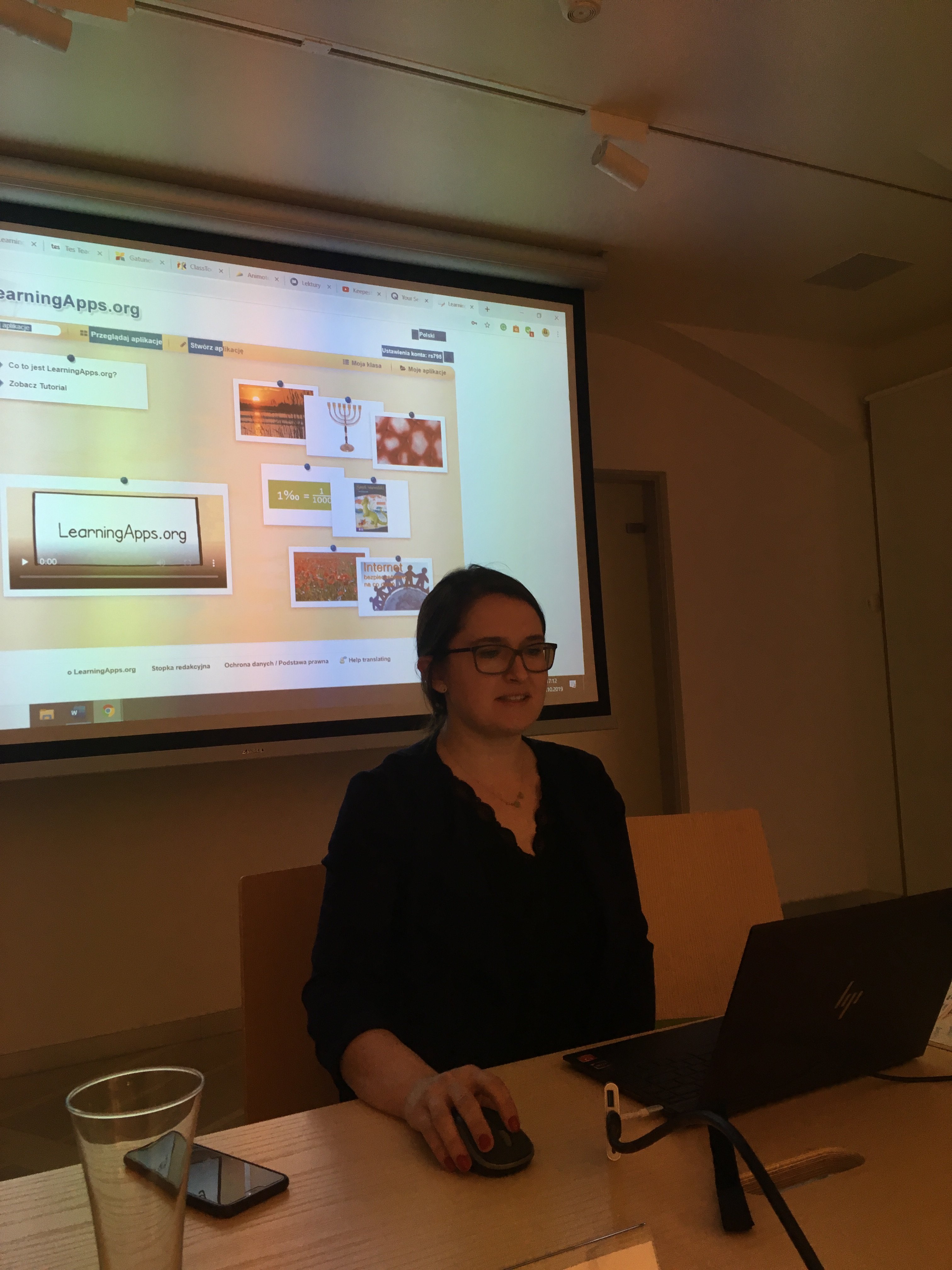Our Activity
The Lane Kirkland Programme
Polish language classes for the holders of Lane Kirkland Scholarship are two-semester courses. They are aimed at improving students’ proficiency in the Polish language and providing them with language support while writing a thesis.
Polish Studies+
The aim of the studies is to educate Chinese experts in economics or international affairs, who are fluent in Polish and know Polish realia and culture to the extent necessary to work in e.g. diplomacy or business. The program is administered collectively by the Centre for Polish Language and Culture for Foreigners “Polonicum”, the Faculty of Polish Studies, the Faculty of Economics and the Faculty of Political Science and International Studies (all four at the University of Warsaw), and is intended for students of Sichuan University in Chengdu.
The language support at “Polonicum” is provided by tutors who have taught Polish as a foreign language at Chinese universities: Beijing Foreign Studies University, Harbin Pedagogical University and Guangdong University of Foreign Studies.
After five-year studies, graduates of Polish Studies+ will receive two bachelor’s degrees – one in Polish Language and Literature from Sichuan University and the other in economics or international relations from the University of Warsaw.
Foundation Year
Foundation Year is a programme that Centre “Polonicum” has been co-founding since 2016 together with two units of the University of Warsaw: Centre for Foreign Language Teaching and Office for Student Affairs. This course has been created for people from all over the world who want to come to Poland to undertake their studies at the University of Warsaw, and who plan to choose the English language version of the programme. Foundation Year consists of two semesters, during which the candidates for students of the University of Warsaw improve their English language skills and start their adventure with the Polish language under the guidance of Polonicum teachers. Students also have the opportunity to broaden their knowledge in the disciplines which they will be studying in the future. Moreover, they can also apply for the so-called “cultural option”, introducing them to the realia of life in Warsaw, the city which will be their home for the following years.
University of Toronto
Centre “Polonicum” of the University of Warsaw has been cooperating with the Polish Program at the Department of Slavic Languages and Literatures at the University of Toronto (UofT) since 2011. It is the biggest and the most dynamic Polish Program in Canada. Toronto, as well as the neighboring city of Mississauga, is home to a numerous Polonia. Indeed, many students of the Polish Program at UofT are Canadian citizens of Polish origin. However, among those who attend Polish language classes and lectures on Polish culture there are also students who do not have any Polish roots but are interested in Poland.
The partnership was launched by Dr. Piotr Kajak, who spent three years in Canada as a visiting professor (2011–2014). He was a co-author of the Polish Program at UofT and for some time he has held the position of Director of the Program. Dr. Justyna Zych occupied the position of the visiting professor in the years 2014–2016. She considerably expanded the offer of extracurricular activities for students. She was followed by another visiting professor, Dr. Anna Rabczuk, who acted as Polish language coordinator between 2016 and 2018. Currently, the visiting professor is Dr. Aleksandra Święcka (2018–2021).
As a part of the agreement, the Centre Polonicum offers three scholarships every year to students of the Polish Program at UofT, which enable them to participate in the four-week intensive Polish Summer Program held in August. It is a great opportunity for Canadian students to improve their language skills and to broaden their knowledge about Polish culture during a stay in the Polish capital city among students from all over the world.
Glottodidactics seminars
On behalf of the Chair of the Scientific Board of Polonicum, Prof. Dr hab. Andrzej Zieniewicz, and the Director of our Centre, Prof. Dr hab. Grzegorz Leszczyński, we would like to invite you to a series of glottodidactics seminars in Polonicum.
Information on seminars in the academic year 2021/2022:
25 II 2022, 18.00-19.30:
mgr Kamila Dembińska (NAWA / UW) – Kształcenie lektorów jpjo wobec wyzwań współczesności
https://us02web.zoom.us/j/81856759866?pwd=azdiUU01d2tpenlpNjFMZ1AreFpIQT09
Meeting ID: 818 5675 9866 Passcode: 896914
25 III 2022, 18.00-19.30:
dr hab. Elżbieta Kaczmarska (UW) – Lingwistyka korpusowa w glottodydaktyce
https://us02web.zoom.us/j/88379101586?pwd=Z2puM1BDR0l3UE9jcWltV1lDb2IxQT09
Meeting ID: 883 7910 1586 Passcode: 451369
22 IV 2022, 18.00-19.30:
1) mgr Katarzyna Žák-Caplot (Muzeum Warszawy / UW) – Nauczanie jpjo w przestrzeni muzealnej
2) mgr Olga Osińska (UW) – Afazja a twórczość literacka
https://us02web.zoom.us/j/82992457438?pwd=NTJOUVA1a1JmZGROQXJwRjZ0bnZGUT09
Meeting ID: 829 9245 7438 Passcode: 492555
The following meetings have taken place so far (the English title in brackets is for reference) :
January 28, 2022 – Dr Beata Jędryka, O metodyce nauczania języka odziedziczonego [Teaching a Heritage Language]
April 23, 2021 – Prof. dr hab. Paweł Rodak, Z doświadczeń nauczania literatury i kultury polskiej na Sorbonie (Sorbonne Université) [On Experience of Teaching Polish Literature and Culture at the Sorbonne University]
March 26, 2021 – Dr. Justyna Zych, Współczesna literatura polska jako narzędzie do budowania dialogu międzykulturowego na zajęciach języka polskiego jako obcego [Contemporary Polish Literature as a Tool to Build Intercultural Dialogue during Polish as a Foreign Language Class]
February 26, 2021 – Prof. dr hab. Elżbieta Sękowska, Badania językowo-kulturowe a kształcenie kompetencji międzykulturowej w nauczaniu języka polskiego jako obcego [Linguacultural Research versus Developing Intercultural Competence in Teaching Polish as a Foreign Language]
February 21, 2020 – Mgr Agnieszka Jastrzębska, Mierzenie efektywności gier i zabaw na zajęciach jpjo [Measuring the effectiveness of games and plays during the classes of Polish as a foreign language].
Mgr Małgorzata Malinowska, Pejzaż językowy ulic Krakowskie Przedmieście i Nowy Świat [Linguistic Landscape of Krakowskie Przedmieście and Nowy Świat streets].
January 10, 2020 – Mgr Barbara Łukaszewicz, Wyrażanie emocji negatywnych w polonistycznej praktyce glottodydaktycznej [Expression of negative emotions in Polish glottodidactics practice].
May 24, 2019 – Dr. Justyna Zych, Literackie wizerunki Inności kulturowej w polskich powieściach
współczesnych [Literary Images of Cultural Otherness in Contemporary Polish Novels]
April 26, 2019 – Mgr Agnieszka Jasińska, Dr Piotr Kajak and special guests, Promocja języka polskiego i kultury polskiej w Chinach [Promoting Polish language and culture in China]
April 5, 2019 – Dr. Anna Rabczuk, Kulturowa (nie)przetłumaczalność emocji w języku [Cultural (un-)translatability of emotions in language]
February 22, 2019 – Dr. Marta Skura, Błąd w języku polskim jako ojczystym, obcym i dziedziczonym [Mistake in Polish as a native, foreign and inherited language].
Dr. Joanna Prędota, Preferencje uczących się JPJO w zakresie stosowanych metod i technik dydaktycznych – prezentacja wyników badań [Preferences of learners of Polish as a foreign language in relation to the applied didactic methods and techniques – presentation of research results].
January 11, 2019 – Mgr Agnieszka Jastrzębska, Gry i zabawy polisensoryczne w nauczaniu jpjo osób dorosłych [Polysensory games and plays in teaching Polish as a foreign language to adults].
Mgr Maria Kuc, Wyrażanie lokalizacji dynamicznej we współczesnej polszczyźnie [Expressing the dynamic location in the contemporary Polish language].
May 25, 2018 – Dr hab. Piotr Garncarek, Modelowanie kulturowo-przestrzenne w nauczaniu języka polskiego jako obcego [Cultural and spatial modeling in teaching Polish as a foreign language].
April 20, 2018 – Dr. Piotr Kajak, Język polski jako narzędzie dyplomacji publicznej [Polish language as a tool of public diplomacy].
March 16, 2018 – Dr. Wojciech Hofmański, Adam Mickiewicz University, Słowiańska komunikatywność międzyjęzykowa – inklinacje glottodydaktyczne [Slavic inter-language communicativeness – glottodidactic inclinations].
March 2, 2018 – Mgr Agnieszka Wronowska, Wpływ innowacji technologicznych na zmianę profilu zawodowego nauczyciela języka polskiego jako obcego [Influence of technological innovations on the change of professional profile of a teacher of Polish as a foreign language].
Partnership with the Centre for Eastern Europe Studies at the University of Warsaw
Since 2003, Centre Polonicum has been supporting the Centre for Eastern Europe Studies of the University of Warsaw in the implementation of the governmental “Scholarship Programme for Young Scientists” designed for candidates from Russia, Ukraine, Belarus, Moldova, Central Asia and Caucasus countries. Our task is to offer Language and Adaptation Courses for Young Scientists from the East. In addition to daily language classes (regular classes, language workshops, lectures and individual consultations), we are executing a programme focused on enriching participants’ knowledge about Poland, e.g:
* sightseeing tours of historical sites on the University of Warsaw premises
* visiting the Museum of Warsaw
* visiting Polin, the Museum of the History of Polish Jews
* a whole-day coach trip to one of Polish cities
* visiting the Royal Castle in Warsaw
* visiting the Wilanów palace and park…
Partnership with the University of Potsdam. German projects
The cooperation between Centre “Polonicum” of University of Warsaw and Zessko (Zentrum für Sprachen und Slusselkompetenzen) and the Institute of Slavic Studies at the University of Potsdam has been going on almost from the beginning of the university’s existence (1991). Joint research activities concerned mainly the methodology of teaching the Polish language and Polish culture, but also literature and linguistics. The employees of the Polonicum gave guest lectures in Potsdam (both under the Erasmus program and as part of a bilateral agreement between universities). The lectures at the University of Potsdam provided: Piotr Garncarek, Mirosław Jelonkiewicz, Piotr Kajak, Anna Rabczuk and Marta Skura. The Centre “Polonicum” had pleasure to host many times, with lectures, workshops and research and teaching initiatives, Dr. Małgorzata Majewska-Meyers, the professor from Zessko. As a part of common inspiration and sharing good practices, the administrative staff from Polonicum visited University of Potsdam as well: Krystyna Maliszewska, Monika Woźniak, Łukasz Rongers and Paweł Smulski.
In cooperation between the universities, there are also scientific trips of German students to Warsaw. The various stages of the trips are carried out with the participation of Polonicum professors, e.g. lectures in Potsdam before leaving to Poland and already here, in Warsaw: The Jewish Walk, a visit to the POLIN museum, visiting the University of Warsaw.
Zwillingsprojekt: Universität Potsdam & Universität Warschau
Centre “Polonicum” is participating in the Twin Project implemented by the University of Potsdam (represented by Dr. Małgorzata Majewska-Meyers) and the University of Warsaw (represented by Dr. Anna Rabczuk), in 2013. The project involved conducting workshops and developing tools for introducing cultural components (Landeskunde) into lessons. The project is possible thanks to the special grants awarded for strategic research and teaching partnerships of the University of Potsdam. As part of the project at the beginning, Dr. Anna Rabczuk led training sessions for Potsdam-based teachers on the application of multimedia techniques at A1 level. A workshop was conducted within the TOT Training Over Trainers framework. At the end this part of the project involved 6 sessions – three at the University of Warsaw (led by dr. Małgorzata Majewska-Meyers) and three at the University of Potsdam (led by dr. Anna Rabczuk).
In 2015, Dr. Anna Rabczuk conducted another session of workshops and lectures for teachers and students of Slavic languages in Germany entitled: Polen & Deutschland so nahe und so fern: Vermittlung der kulturellen Unterschiede Im Sprachunterricht, Teil 1. In 2017, took place her workshops about developing the cultural competence of Polish learners under the headline: “Fenster und Spiegel: Entwicklung der interkulturellen Kompetenz im Fremdsprachenunterricht”, Teil 2. The next part of the project (2018) was dedicated to the (in)translatability of experienced emotions. Dr. Anna Rabczuk’s led then workshops at the University in Potsdam entitled: Kühl oder emotional? Wie bringen Deutsche und Polen ihre Gefühle zum Ausdruck und warum kann man nicht “Hassliebe” ins Polnische übersetzen, Teil 3. Currently, the fourth, this time audiovisual, part of the project is in progress, entitled: Germans speak Polish about Germans and Germany.
Co-operation with życie-na-kreskę – Marta Zabłocka’s works
Marta Zabłocka / życie-na-kreskę
Her regular day-to-day occupation is managing a drawing site życie-na-kreskę creating illustrations and typesetting publications. Involvement in social issues plays a crucial role in her life. By cooperating with her, one is indirectly supporting anti-discrimination and education-related initiatives, as well as campaigns for protecting Animals and nature.
Polonicum occupies an important place in her professional portfolio. For a long time now, it has been strengthening her belief that one can create educational projects which combine tradition with modernity, which raise curiosity about the world, and which are filled with respect.
Partnership with Nove Kino Wisła cinema in the framework of PFFF: Polish Films for Foreigners
Polish Films for Foreigners (PFFF) series has been organised by Nove Kino Wisła cinema for a few years and is popular among foreigners living in Warsaw. Since October 2019 the project has been backed by Centre of Polish Language and Culture for Foreigners “Polonicum” at the University of Warsaw. On a daily basis, the teachers of “Polonicum” Małgorzata Malinowska and Tomasz Wegner deliver lectures and courses in Polish language and culture for foreign students of the University of Warsaw, provide open courses for all foreigners interested in the Polish language and culture, as well as carry out research in the field of Polish glottodidactics.
PFFF is a series of screenings of Polish films, preceded by an introduction (delivered in English) and provided with English subtitles. The films presented are intended to familiarise foreigners with contemporary Polish cinematography and broaden their knowledge of our culture. The choice of the repertoire presented by Nove Kino Wisła cinema is based on positive reviews by renowned Polish and foreign film critics, awards won at festivals, or the status of a “cult film” in the perception of Poles.
After each show, viewers are encouraged to participate in a discussion.
Details can be found on the cinema’s website as well as on Facebook Polonicum University of Warsaw and Nove Kino Wisła.
http://www.novekino.pl/kina/wisla/pfff-polish-films-for-foreigners.php
https://www.facebook.com/polonicum
https://www.facebook.com/KinoWisla
Ticket price: PLN 18
Loyalty card (fifth screening for free)
Partnership with Freedom and Democracy Foundation
Since 2015, the Centre has been cooperating extensively with the Freedom and Democracy Foundation. At the request of the Foundation, our employees conduct trainings and lectures as well as demonstration lessons for teachers of the Polish language in Ukraine. Thanks to a collaborative project launched in the years 2016-2019, a textbook with supplementary materials for teaching Polish to Ukrainian children and young people was created, entitled Raz, dwa, trzy i po polsku mówisz Ty. In 2019, at the joint invitation of the Foundation, the Primary School in Irpin and the Kiev District Education Office, teachers of the Kiev District were offered methodological workshops. In 2020, as part of the cooperation, a Polish language textbook for children in Germany, entitled Z innej bajki, was created. The project culminated in workshops and demonstration lessons for teachers working in Germany.
Partnership with the Polish Institute in St. Petersburg
Since 2017 the Centre has been cooperating with the Polish Institute in St. Petersburg. Twice a year, at the invitation of the Institute, our professors provide lectures and training in linguistics, literature studies, methodology and cultural studies for teachers of the Polish diaspora, university students and enthusiasts of the Polish language and culture.
Partnership with “Aid to Poles in the East” Foundation
In 2014, Centre “Polonicum” initiated cooperation with the “Aid to Poles in the East” Foundation. Since then, we have been organising Summer Courses in Teaching Methods (language proficiency workshops) dedicated to those teachers of the Polish language (as an inherited/foreigner/secondary language) who are working in Polish communities in Belarus, Ukraine, but also in Georgia, Kazakhstan, Lithuania and the Russian Federation. During a three-week course the following goals are accomplished:
- Increasing the knowledge and methodological skills in teaching the Polish language, history and culture of the Polish-speaking area.
- Acquiring communicative and linguistic competence regarding the contemporary Polish language, in its literary and colloquial variations.
- Learning the curricula of Polish schools, including different age groups of students.
- Developing mechanisms of self-development and of reaching out to sources of knowledge and information about educational methods, scopes and programmes, source literature and subject-related literature.
- Shaping and broadening students’ linguistic and cultural awareness.
Partnership with the Centre of Polish Culture at Sorbonne University
For some years now, Centre “Polonicum” has been cooperating with Centre de civilisation polonaise at the Sorbonne Université, i.e. the Centre of Polish Culture at the Sorbonne. The Centre, similarly to Centre “Polonicum”, is involved in teaching and promoting the Polish language and culture.
An important aspect of our cooperation is joint organization of a series of glottodidactics conferences. The first conference, entitled Enseigner le polonais langue étrangère. Méthodes, contenus, pratiques [Teaching Polish as a Foreign Language. Methods, Contents, Practices] was held in June 2013 in Paris. The next one, entitled Czym kultura polska może dzisiaj uwieść frankofona? [How Can Polish Culture Seduce a Francophone Today?] took place in May 2014 in Warsaw. The third, under the headline Enseigner et apprendre une langue slave. Le polonais – le russe – le tchèque [Teach and Learn a Slavic Language. Polish – Russian – Czech] was organised in June 2015 in Paris. The papers presented during these sessions were published in three consecutive volumes of conference proceedings with the same titles as the respective conferences.
The last scientific meeting with our colleagues from the Sorbonne was a one-day symposium Journée d’études: polonais langue étrangère [Polish as a foreign language] that took place in March 2018 in Paris.
Our cooperation also consists in preparing the Centre of Polish Culture at the Sorbonne to organize and conduct state certificate examinations in Polish as a foreign language. The employees of Centre “Polonicum”, as experienced examiners, conducted several training courses and workshops for the staff of this institution, both in Warsaw and in Paris.
